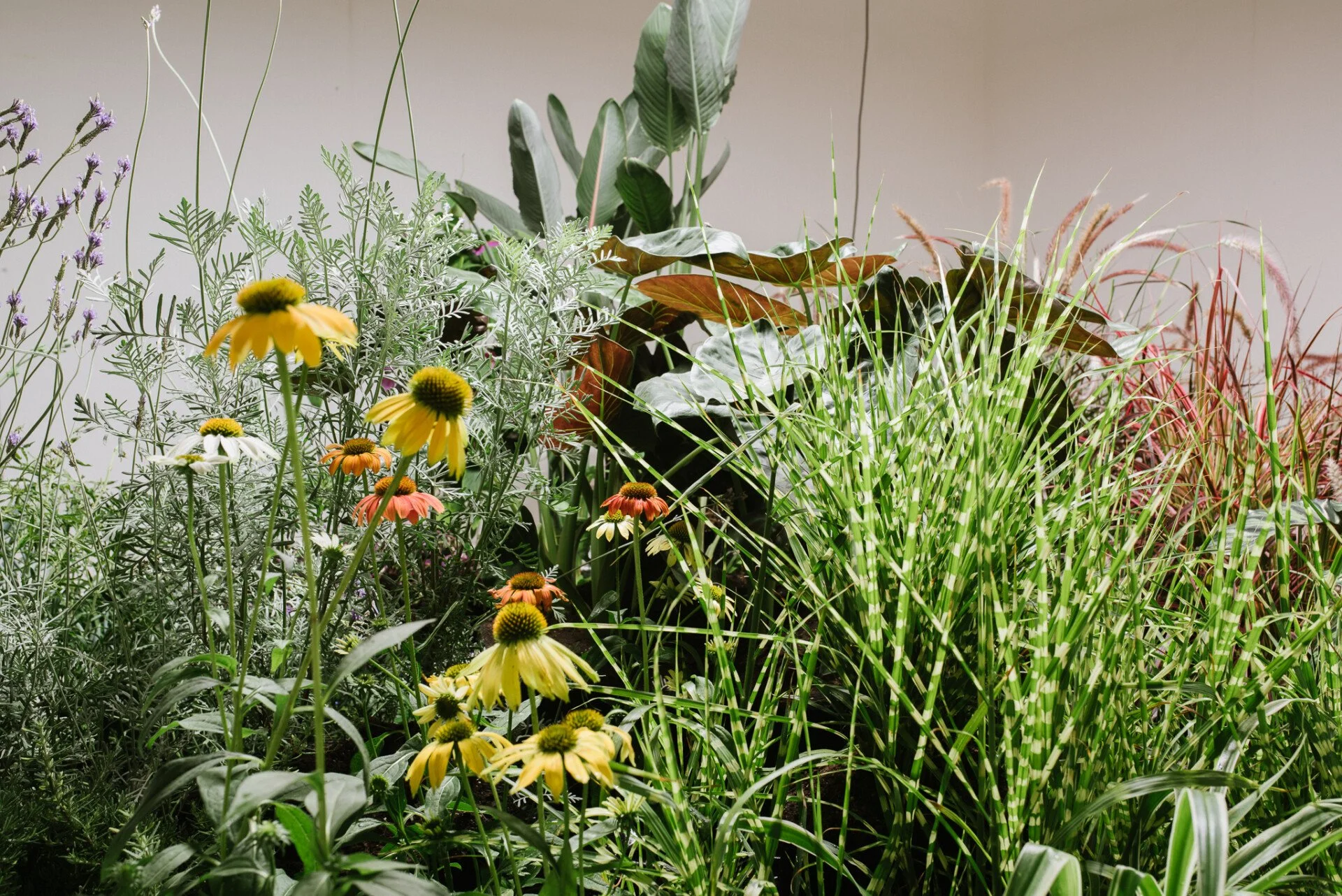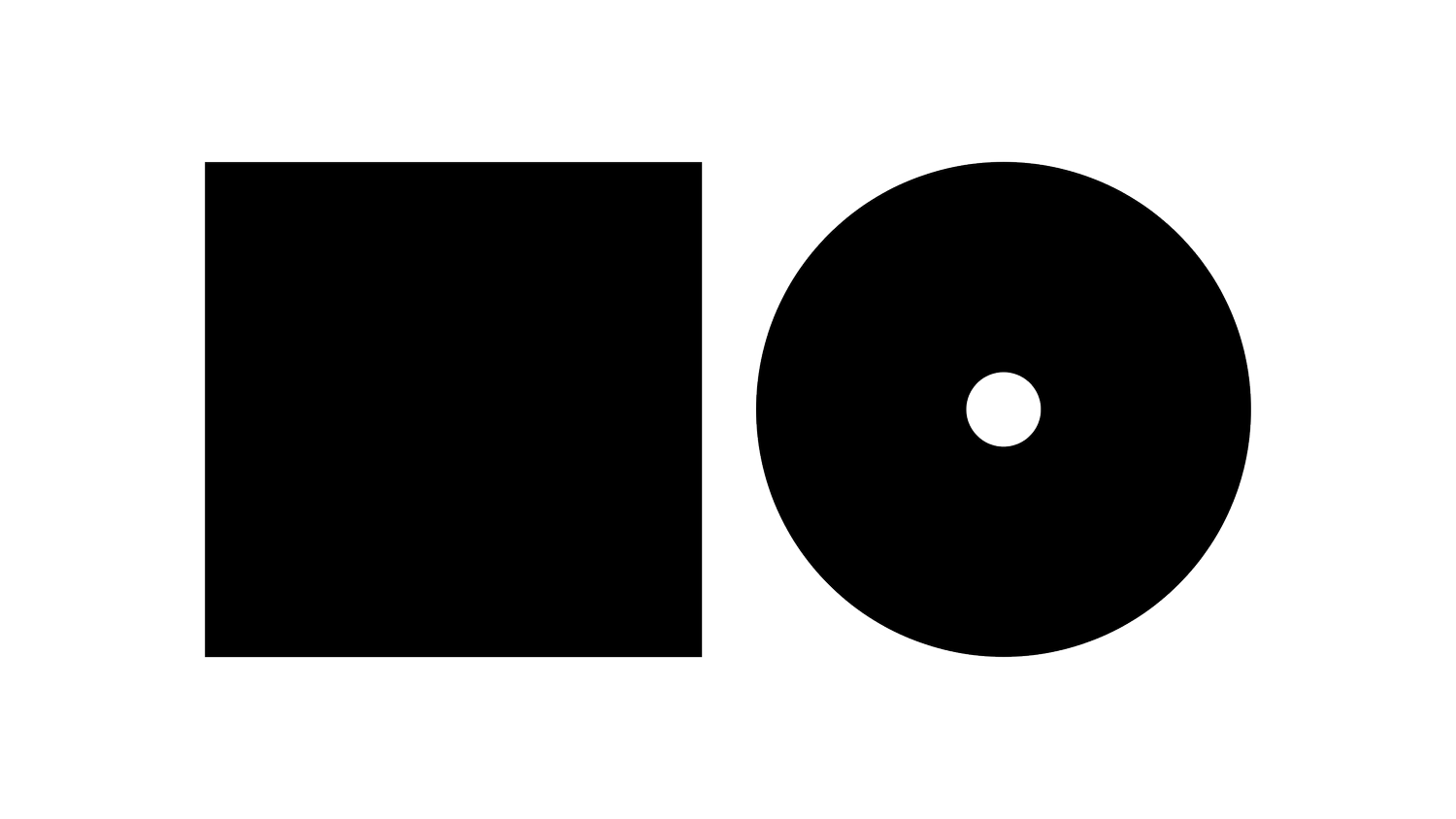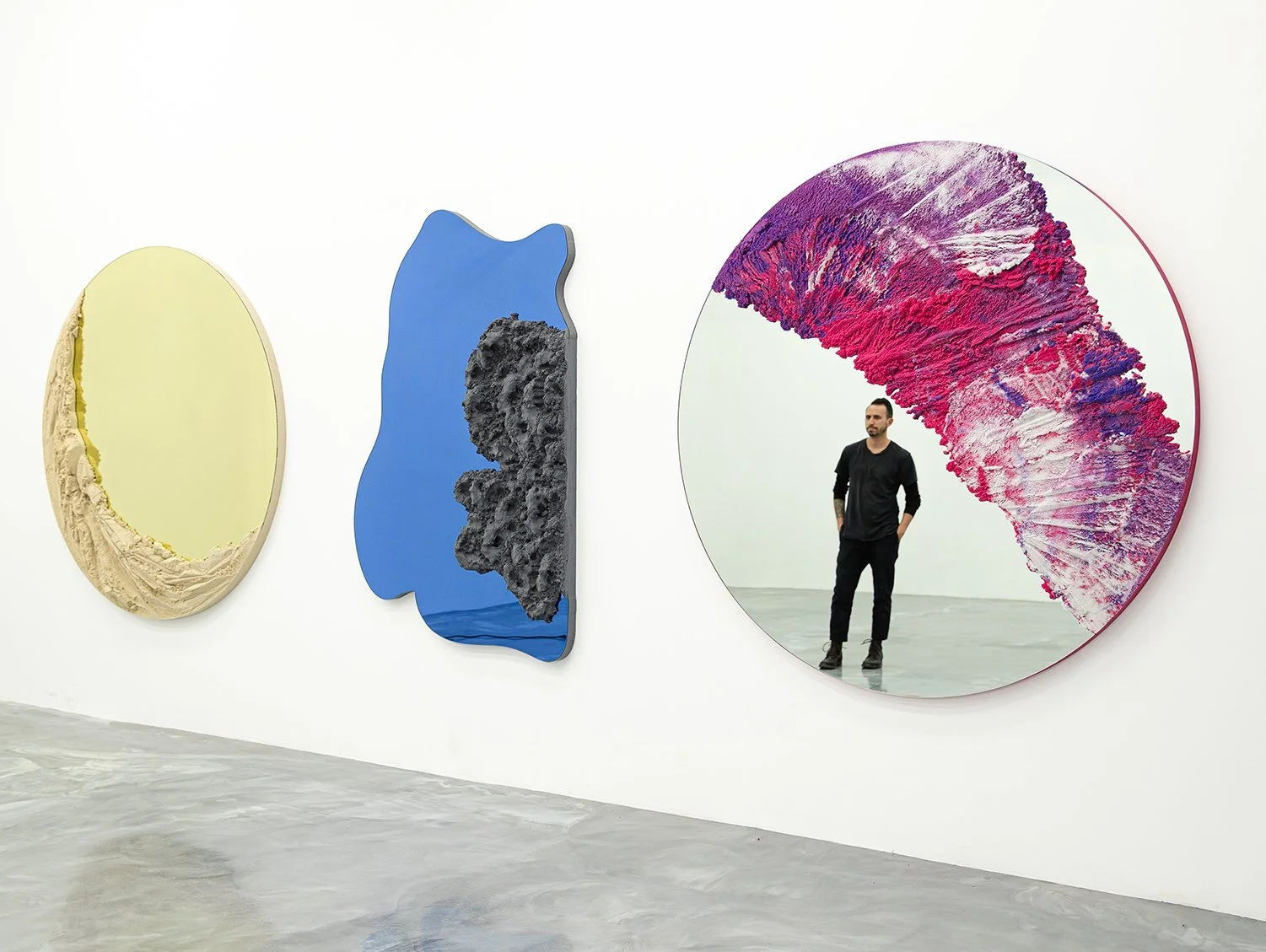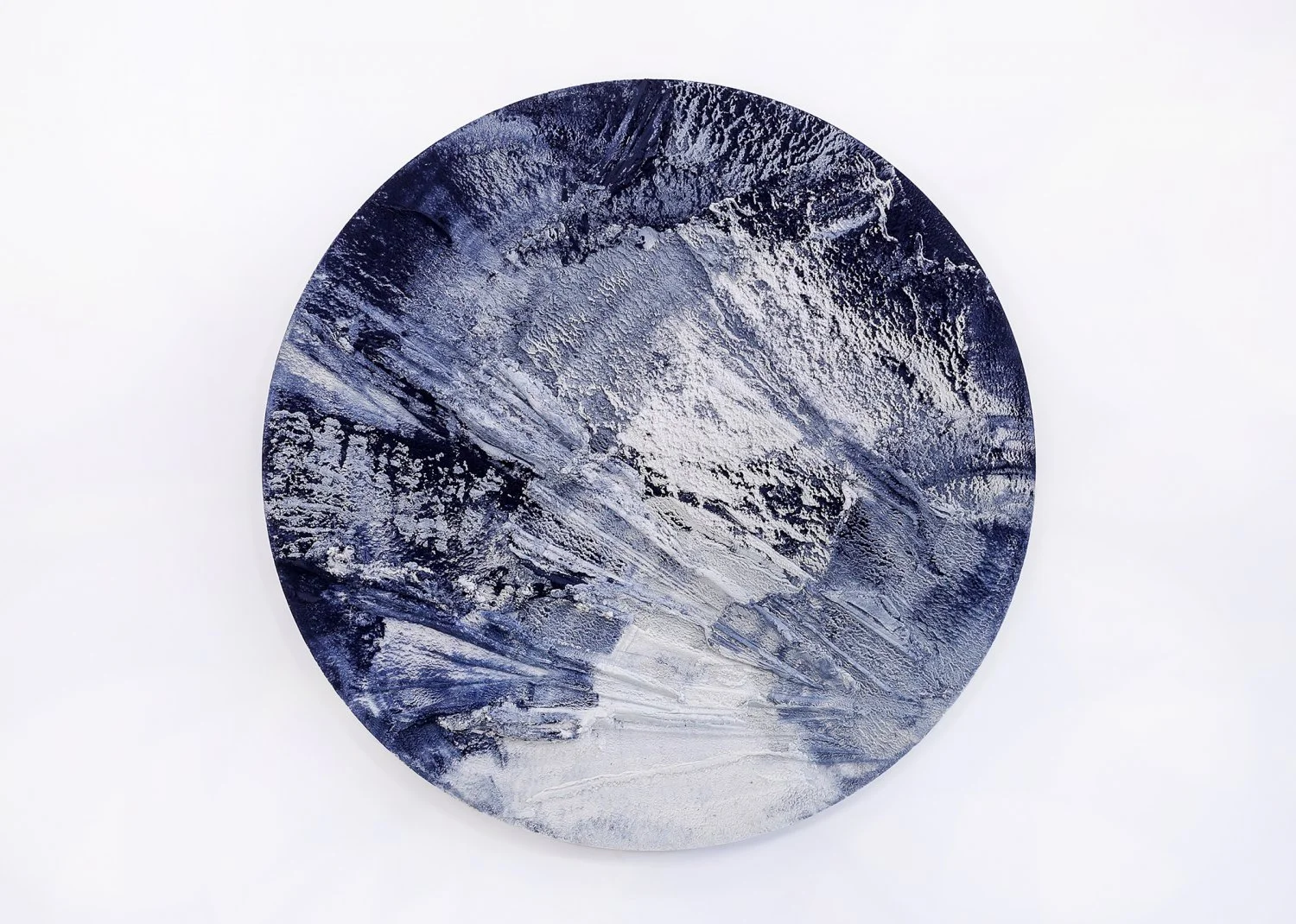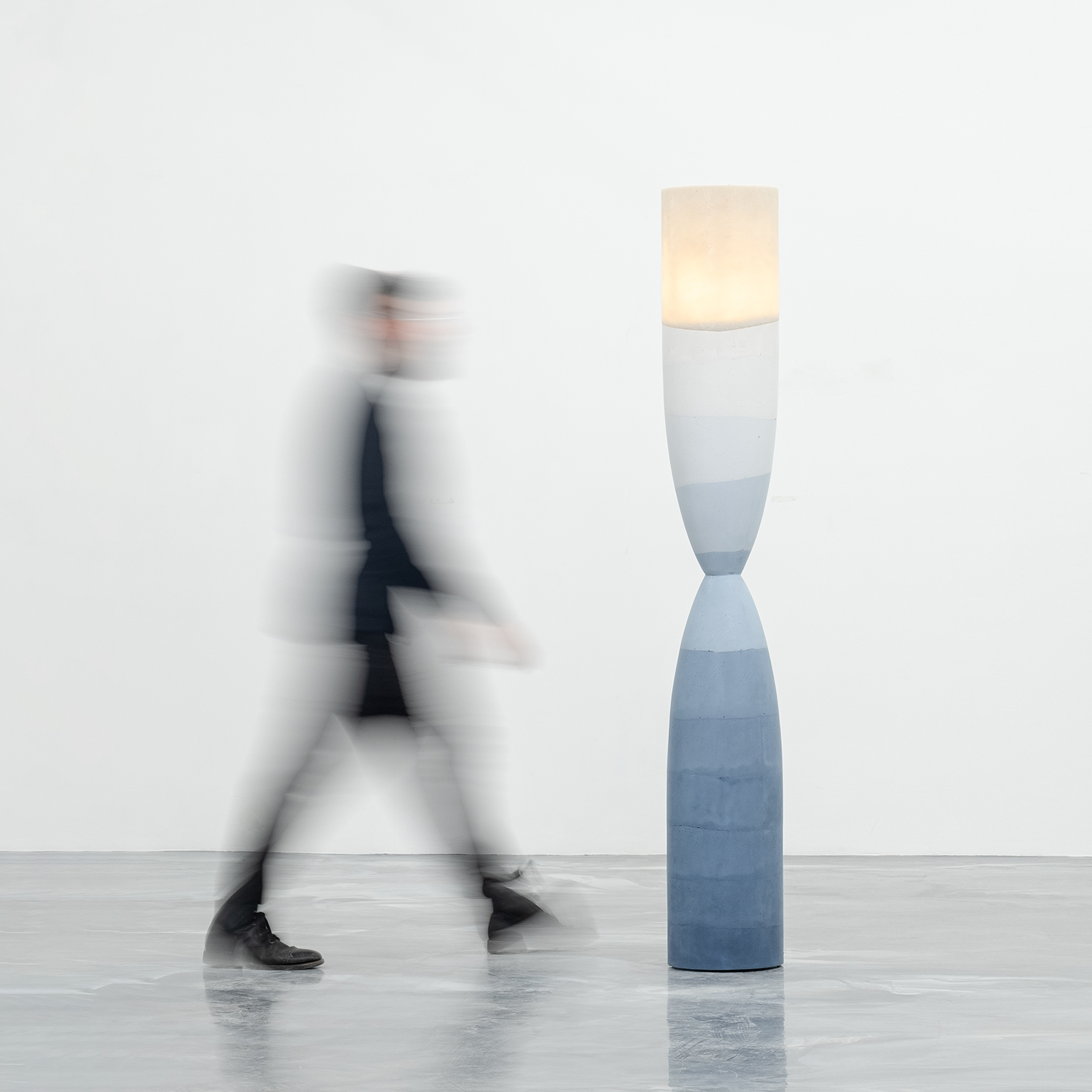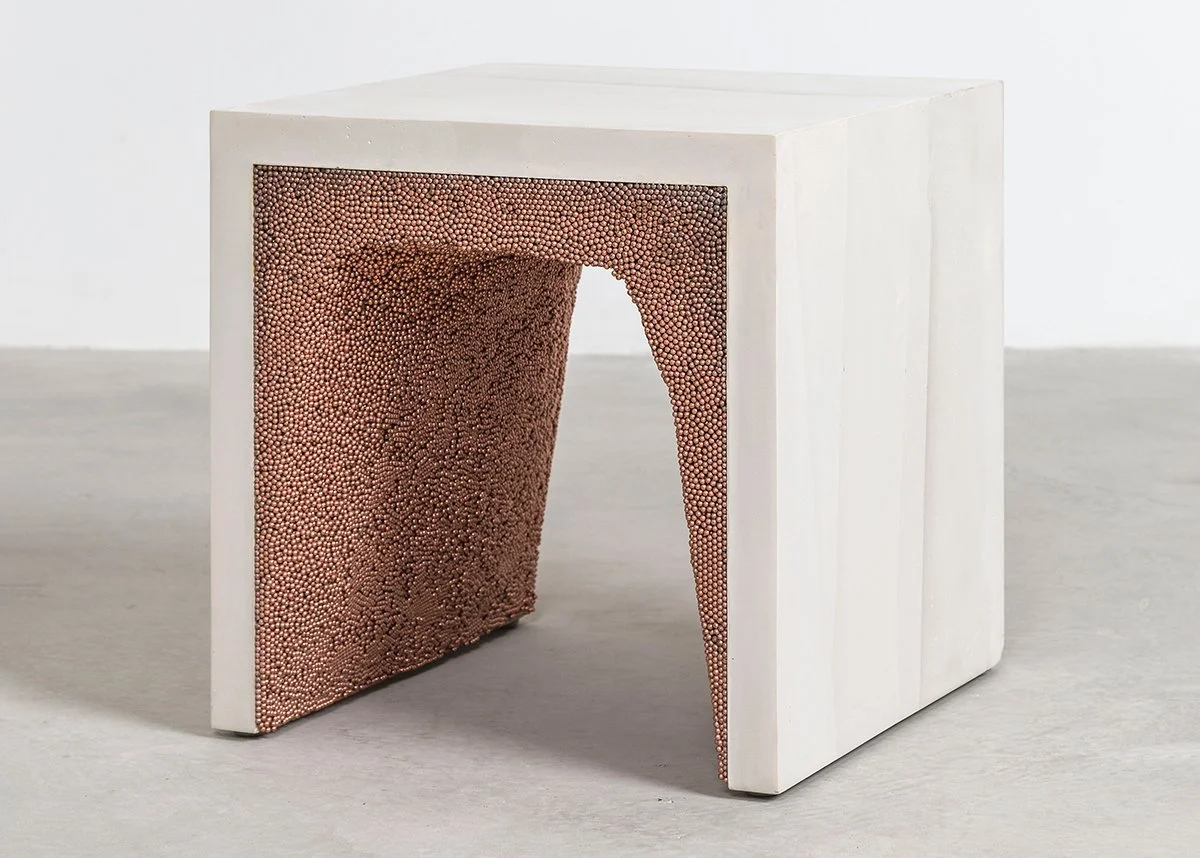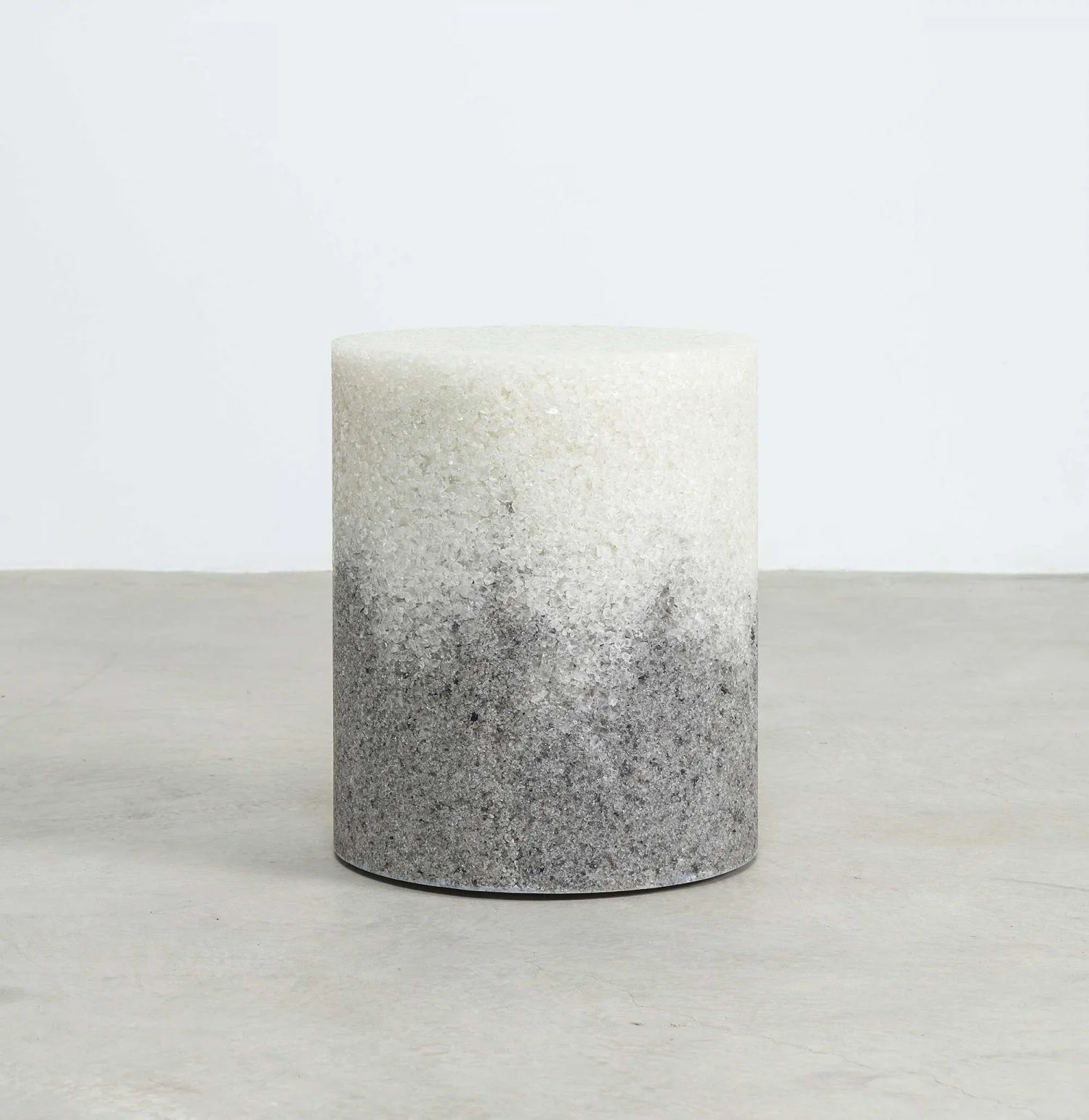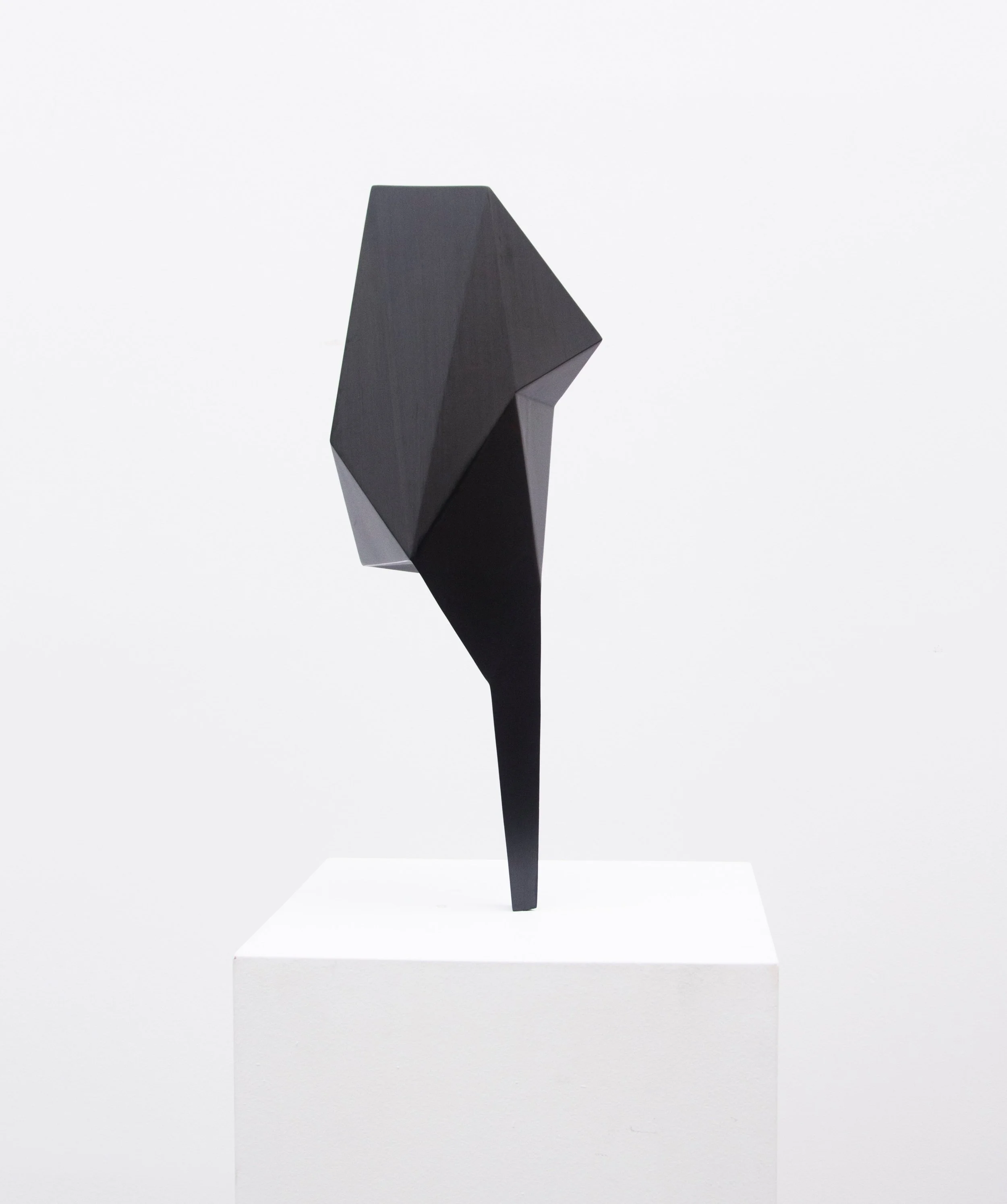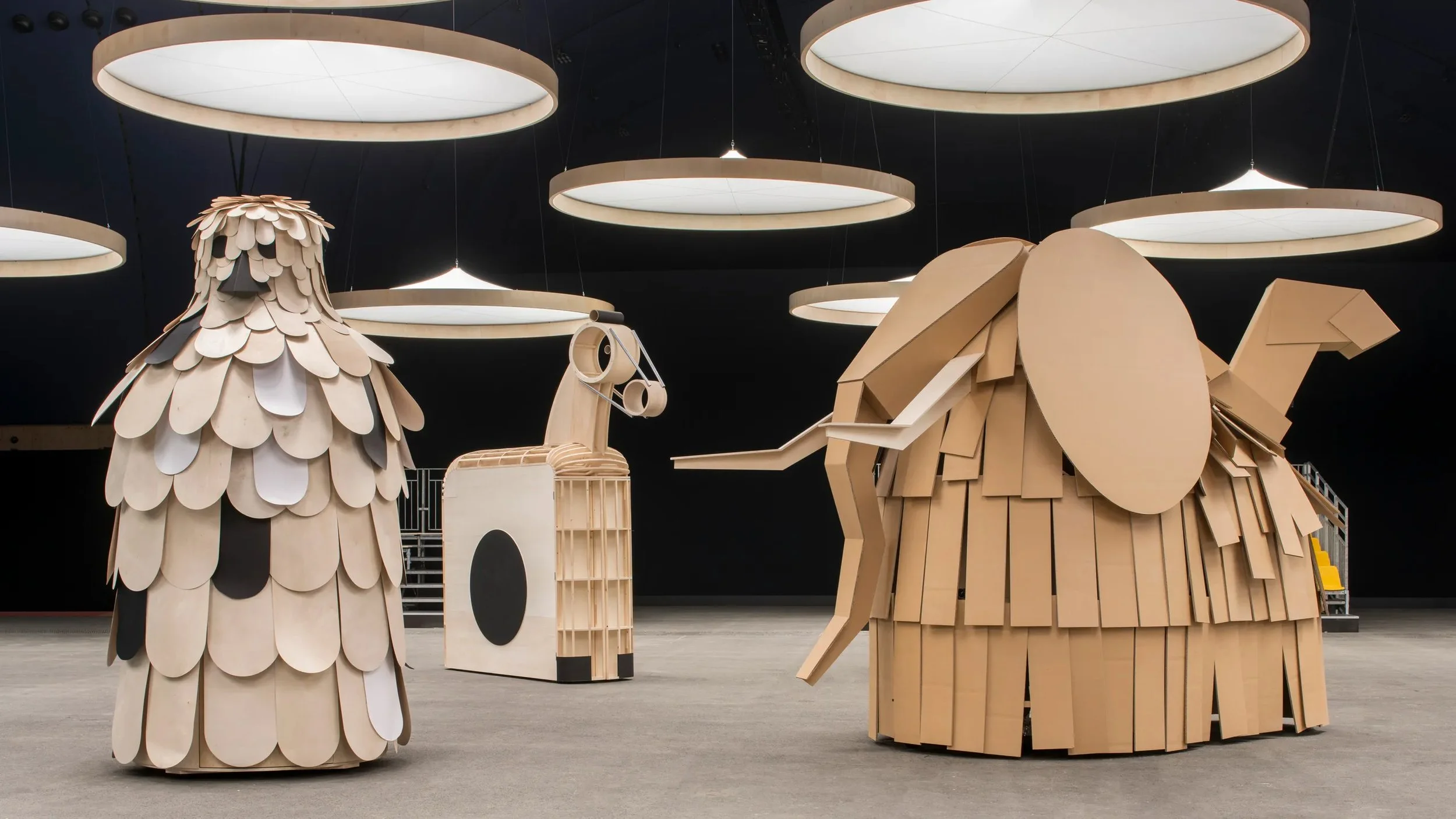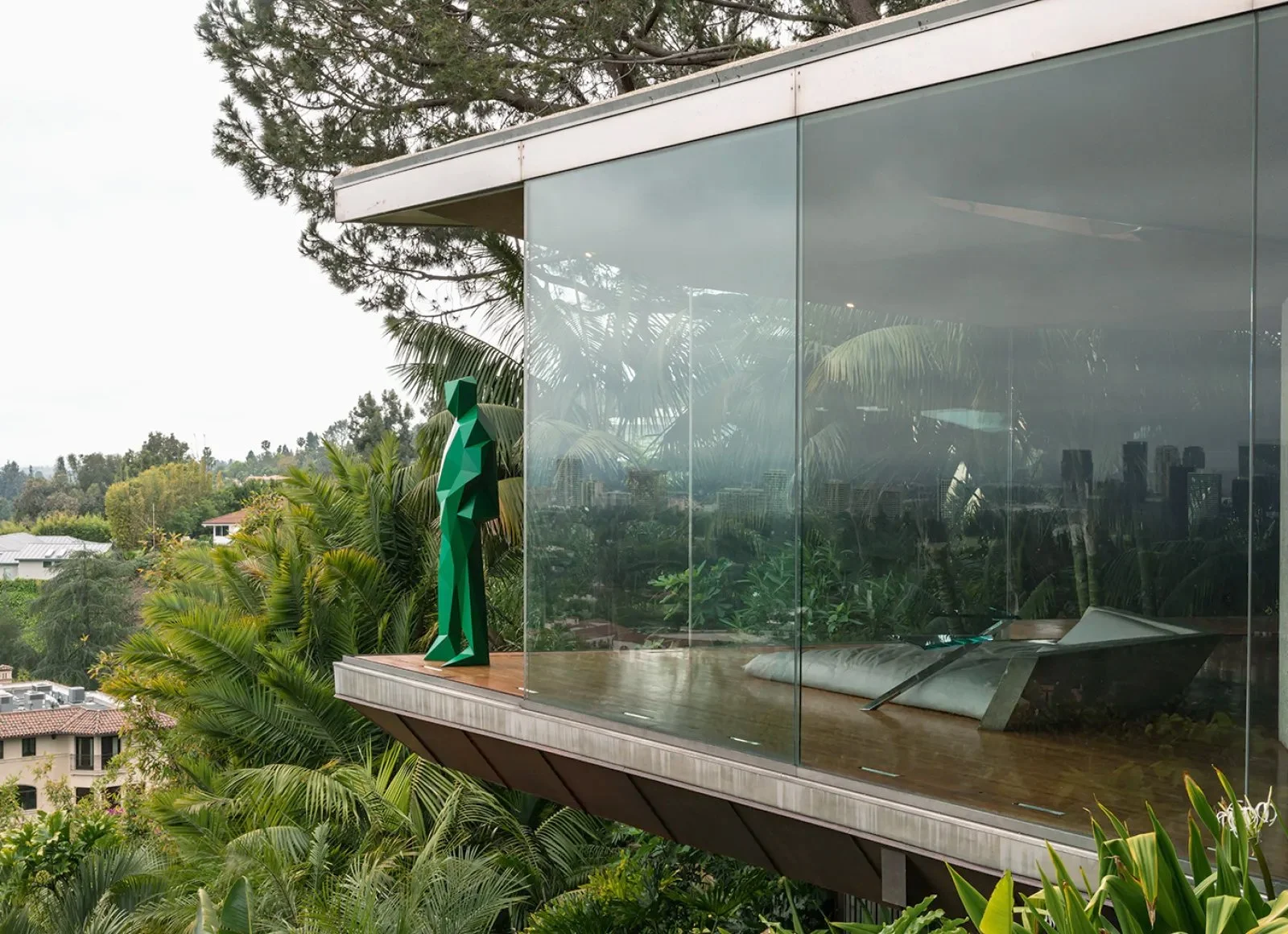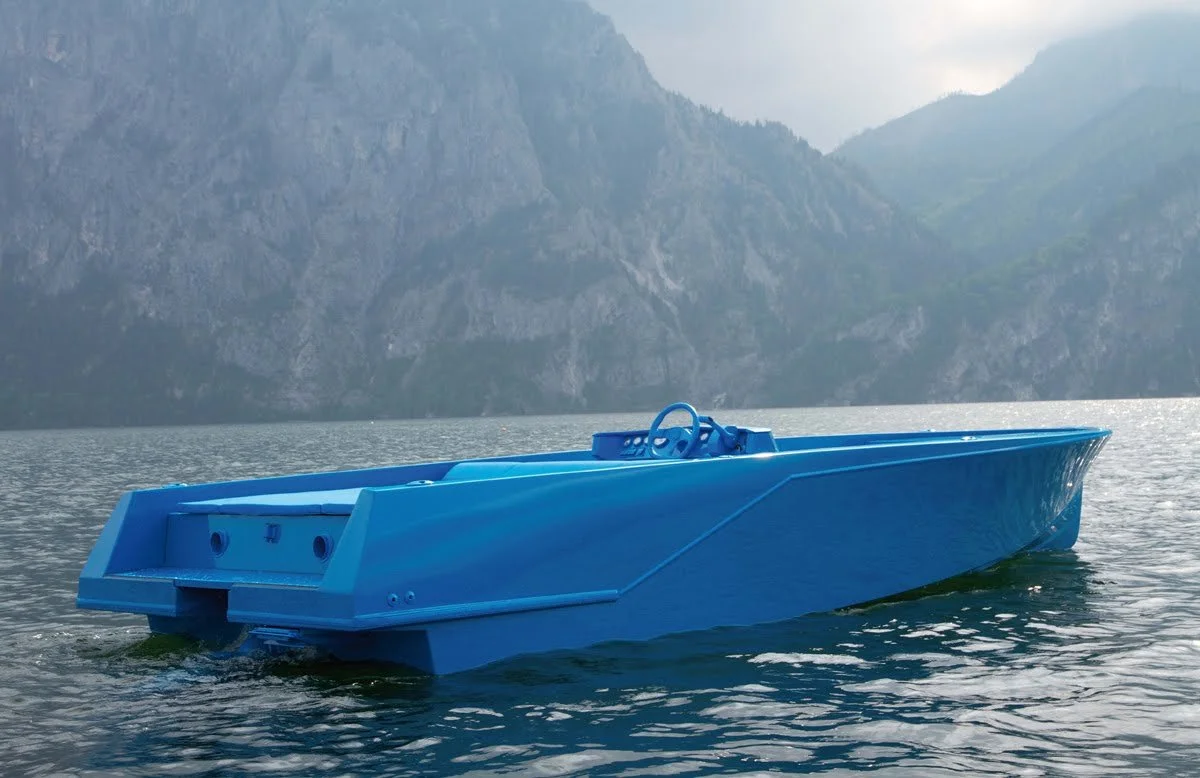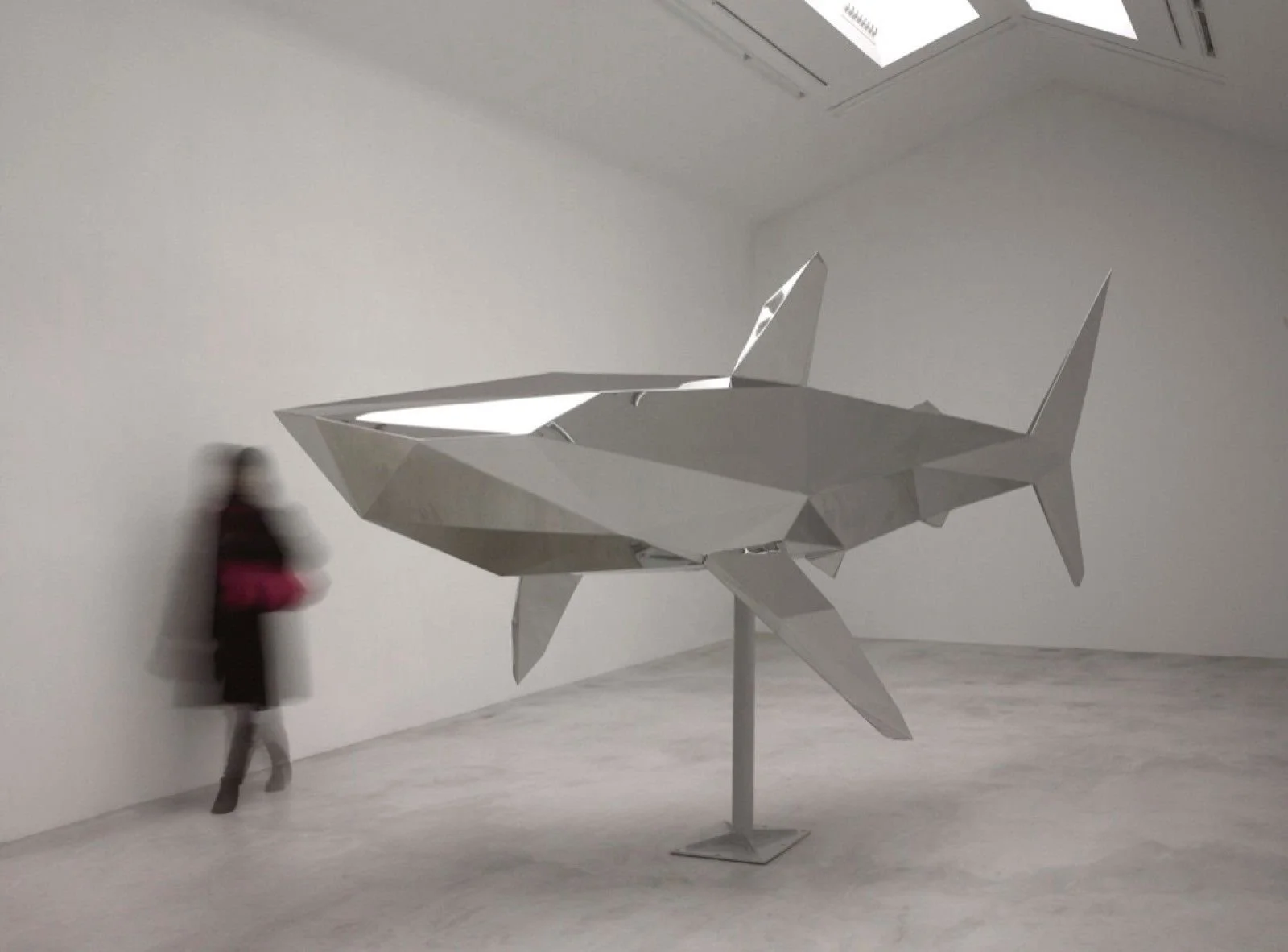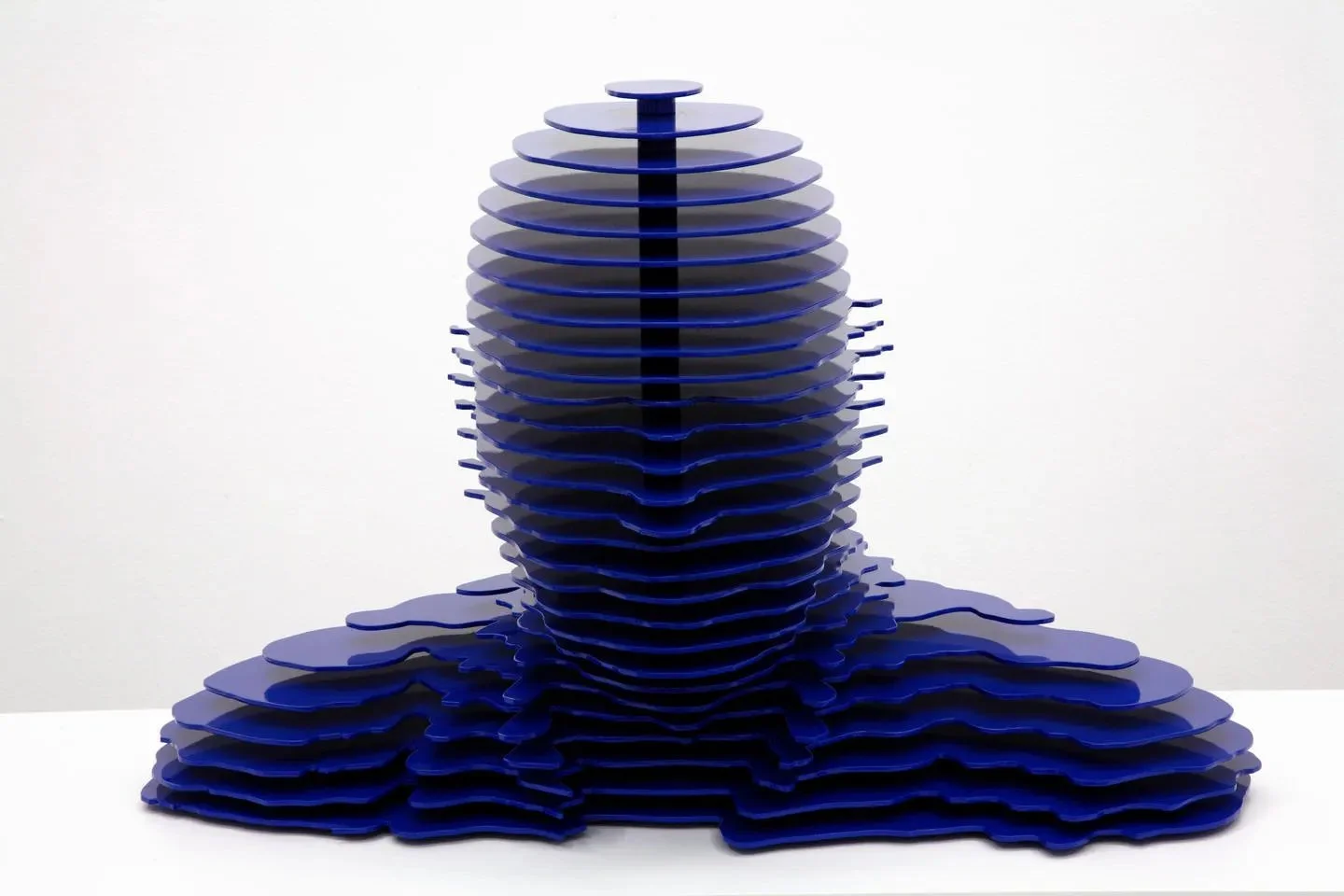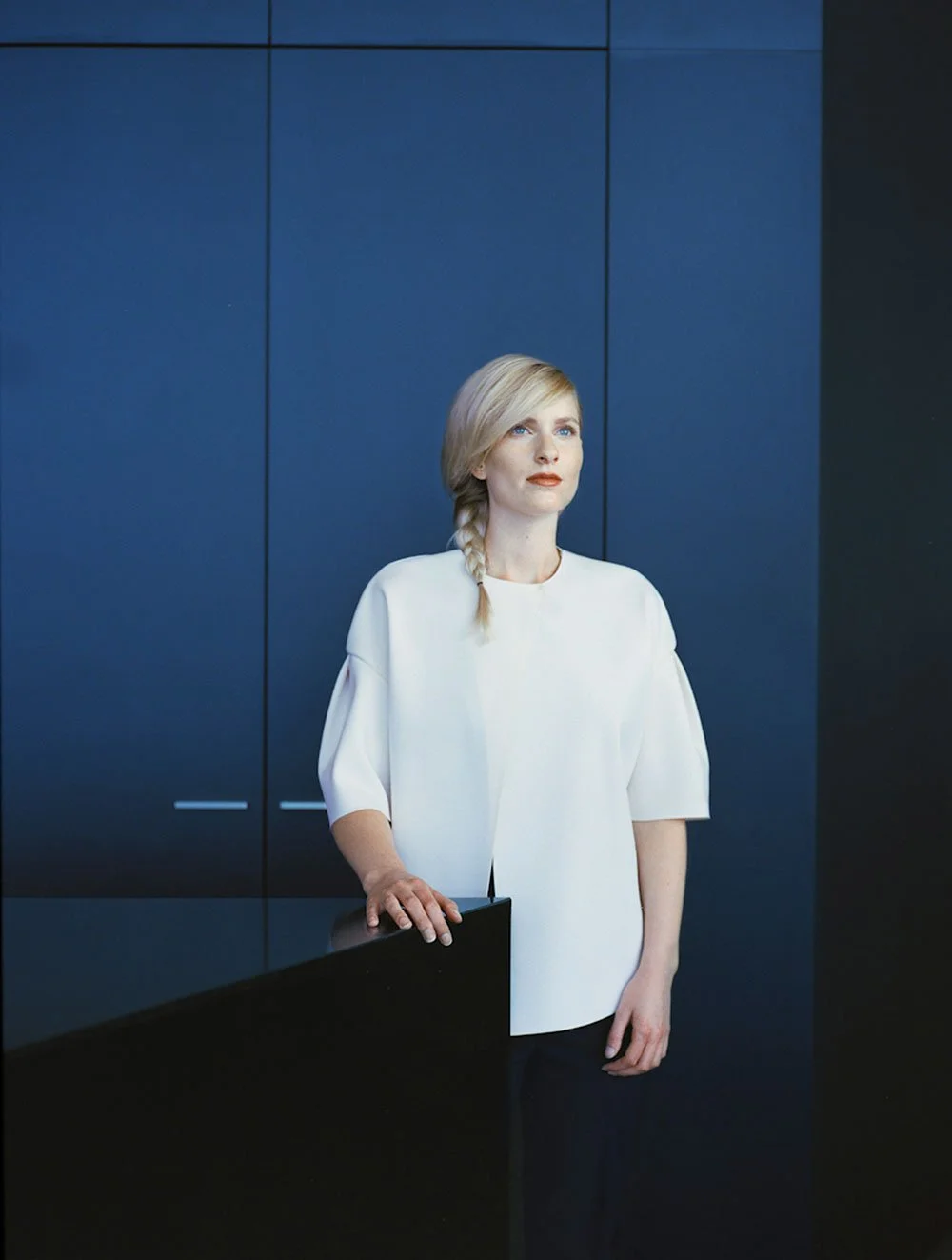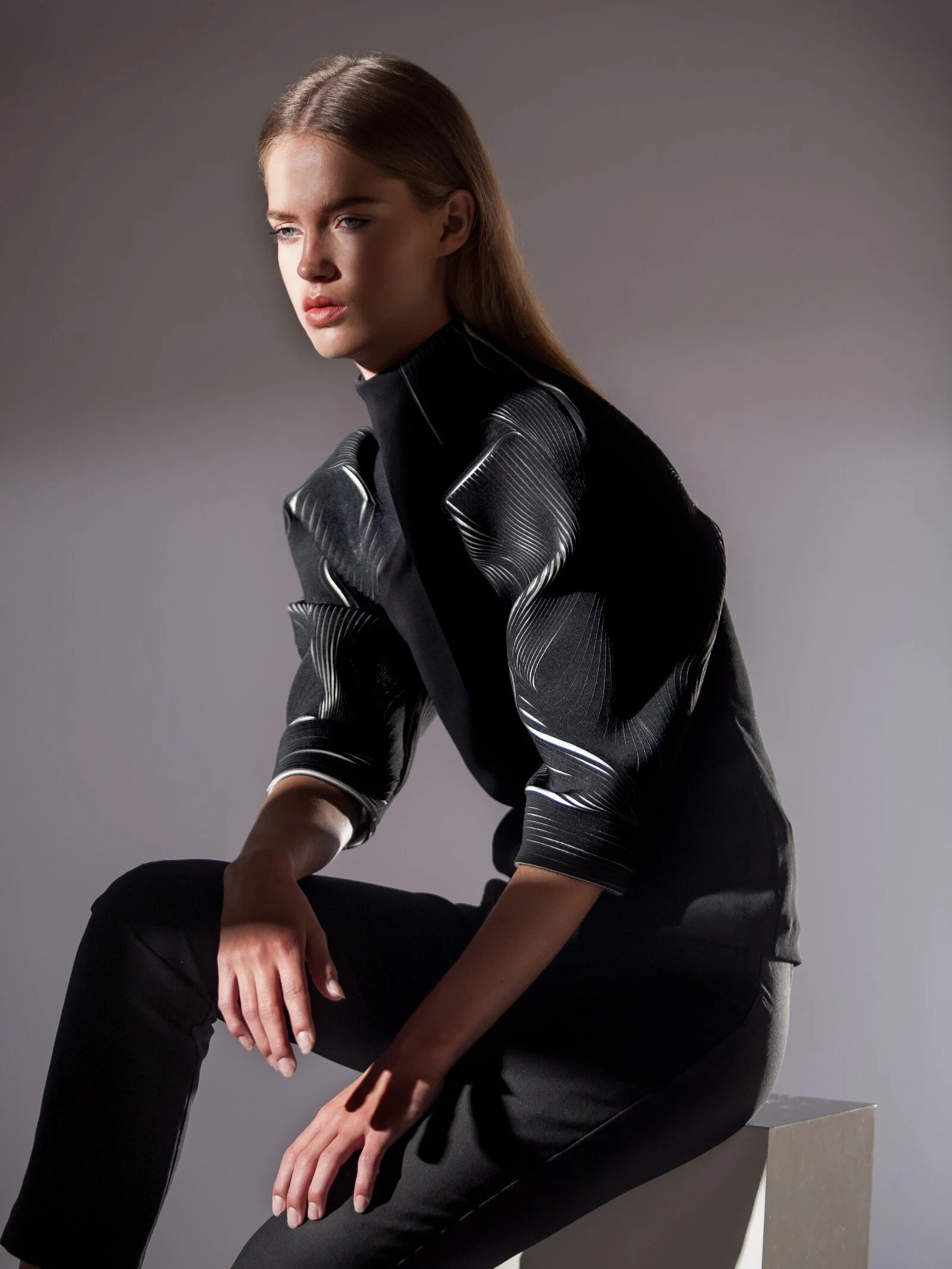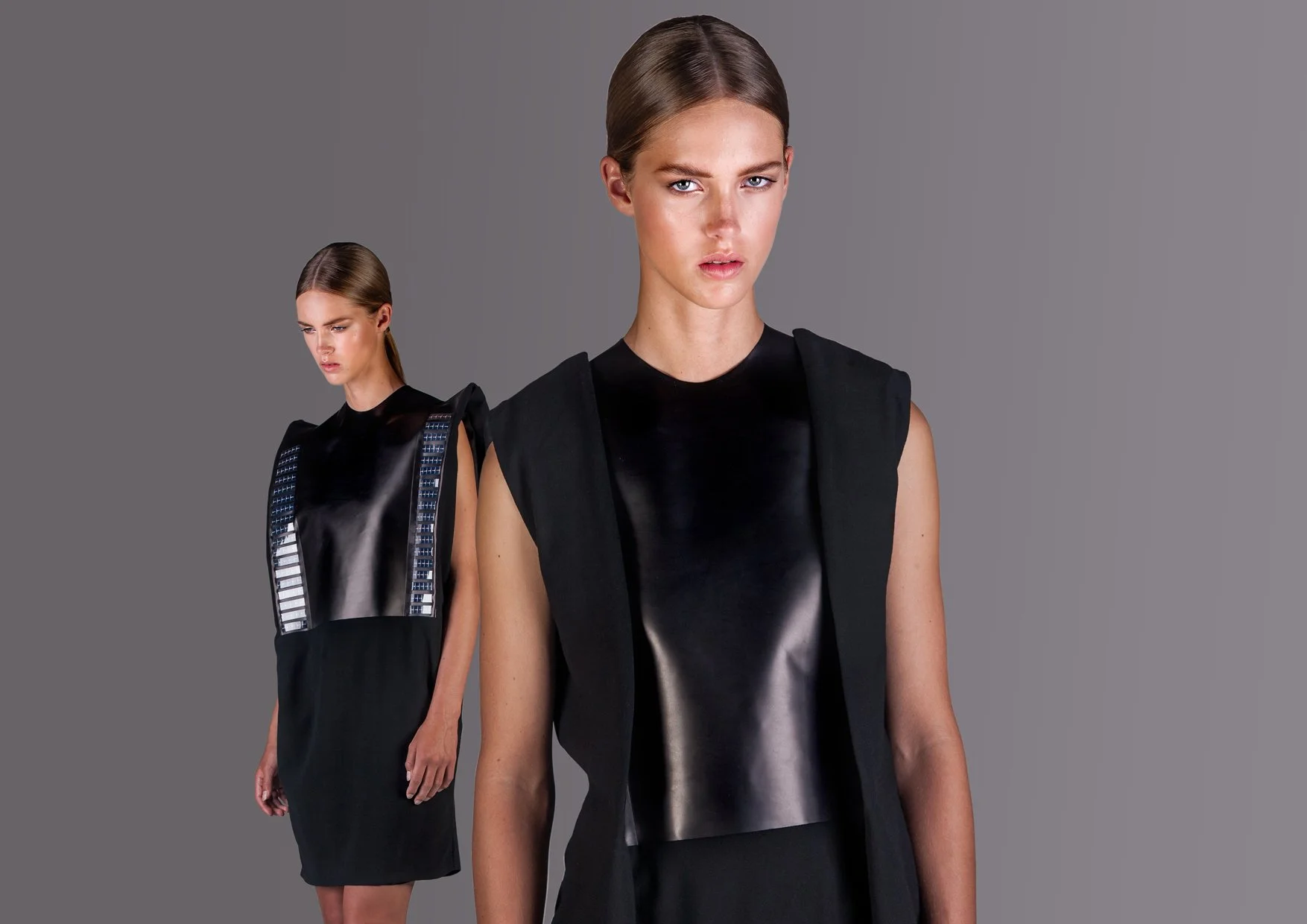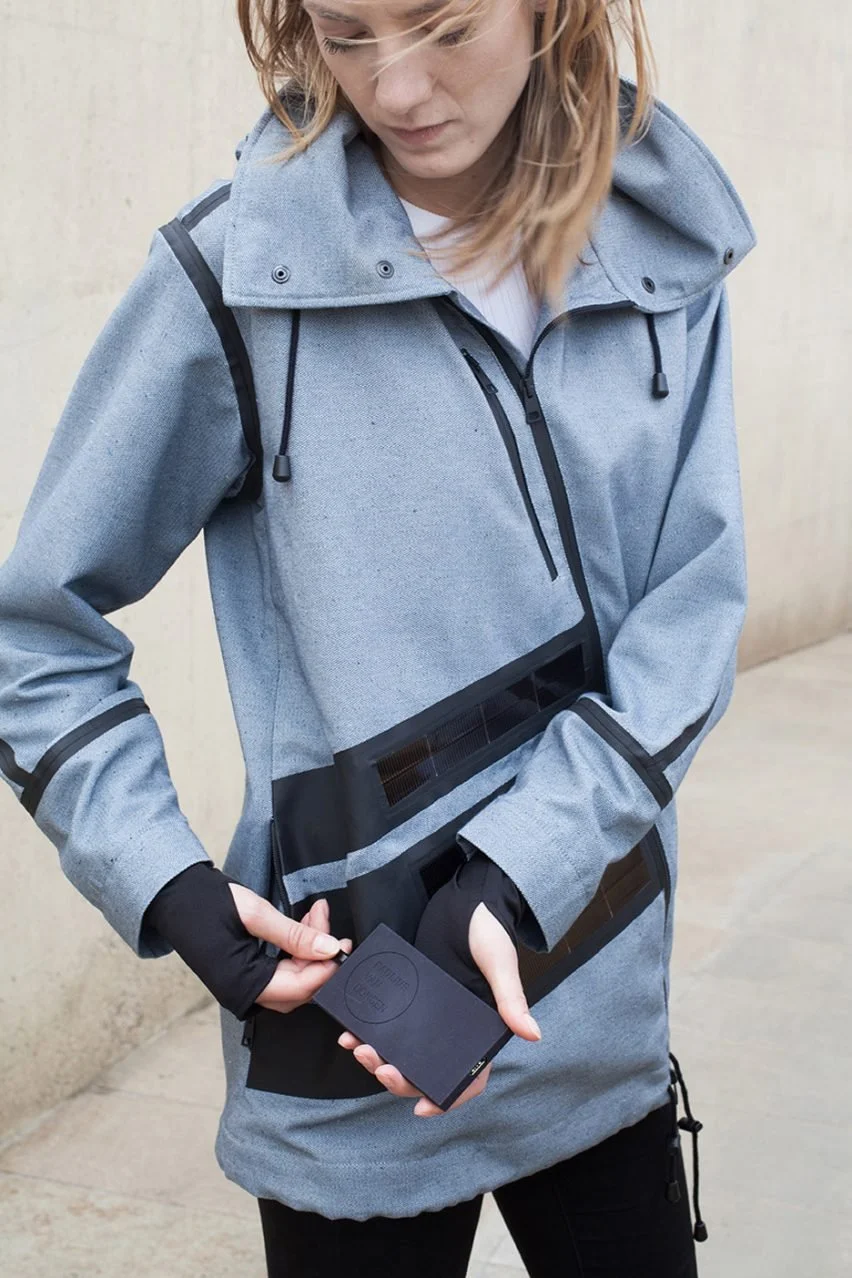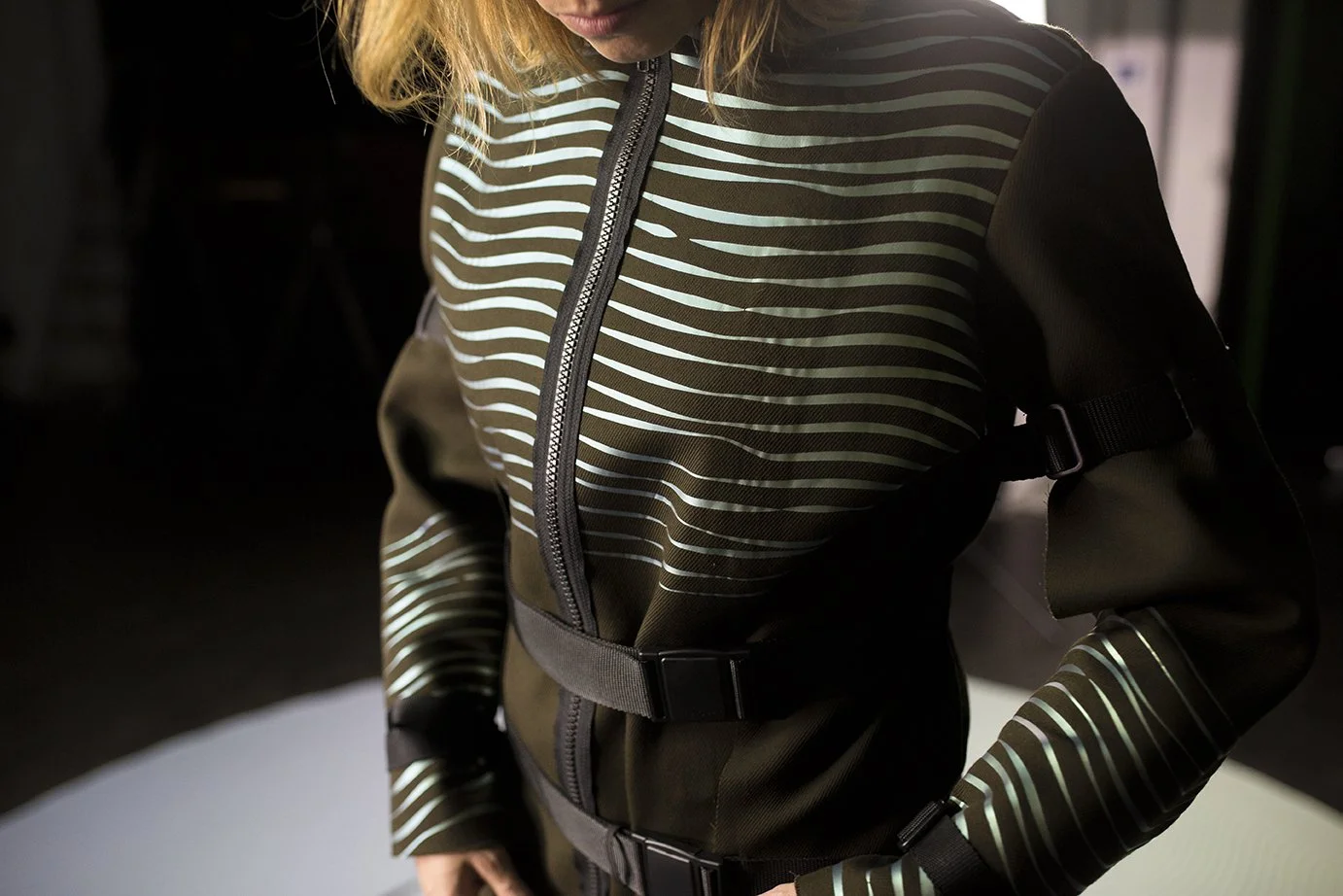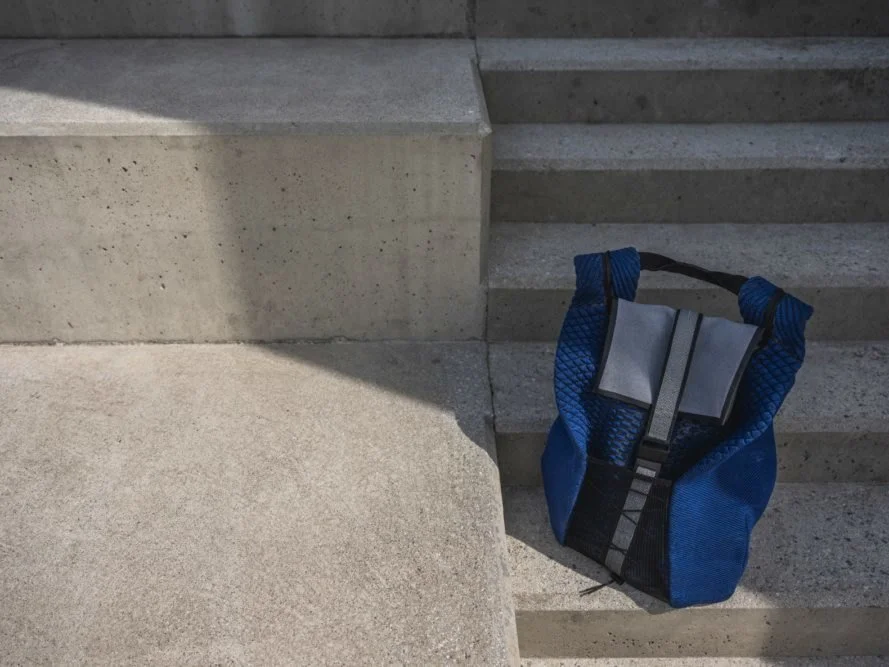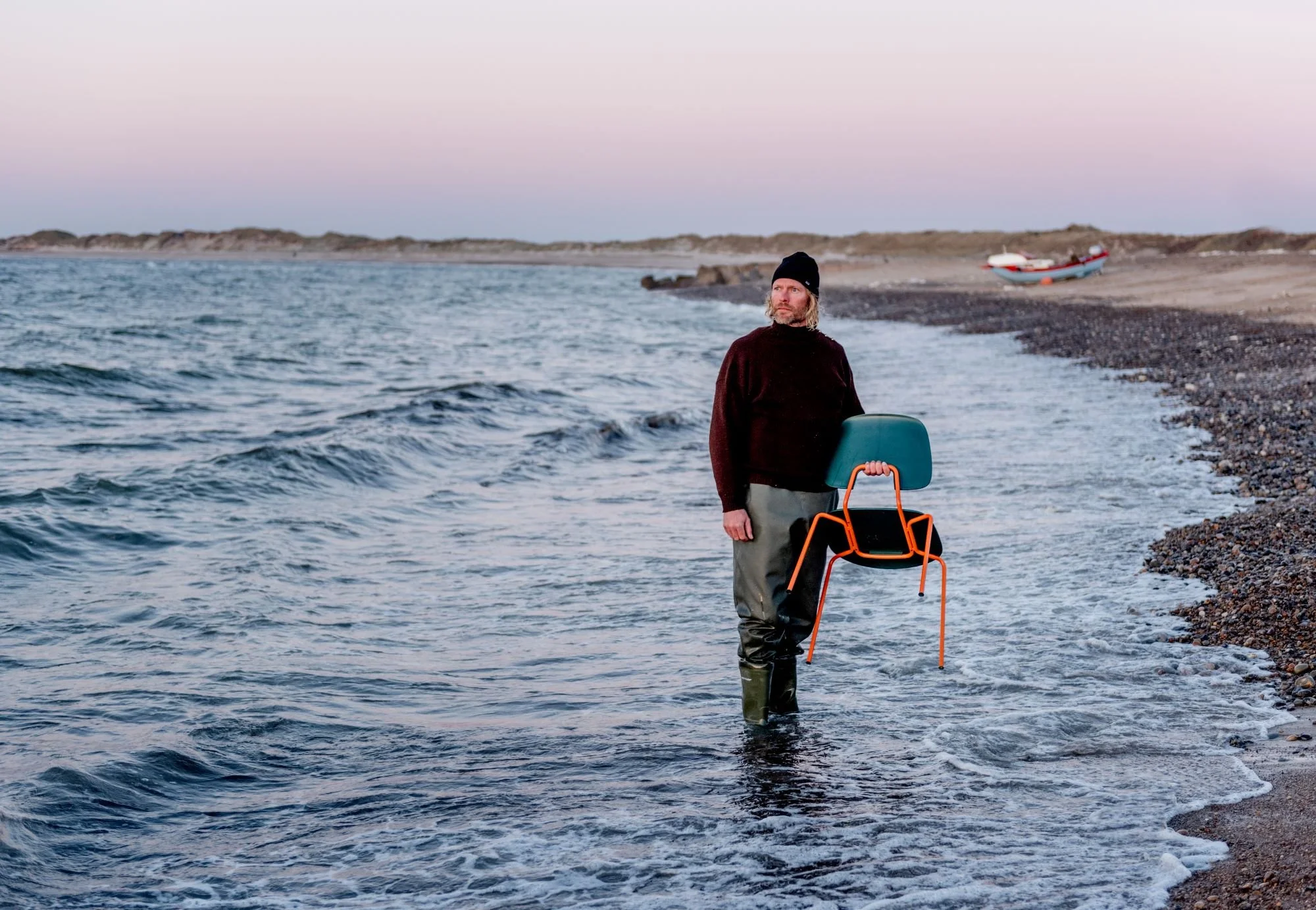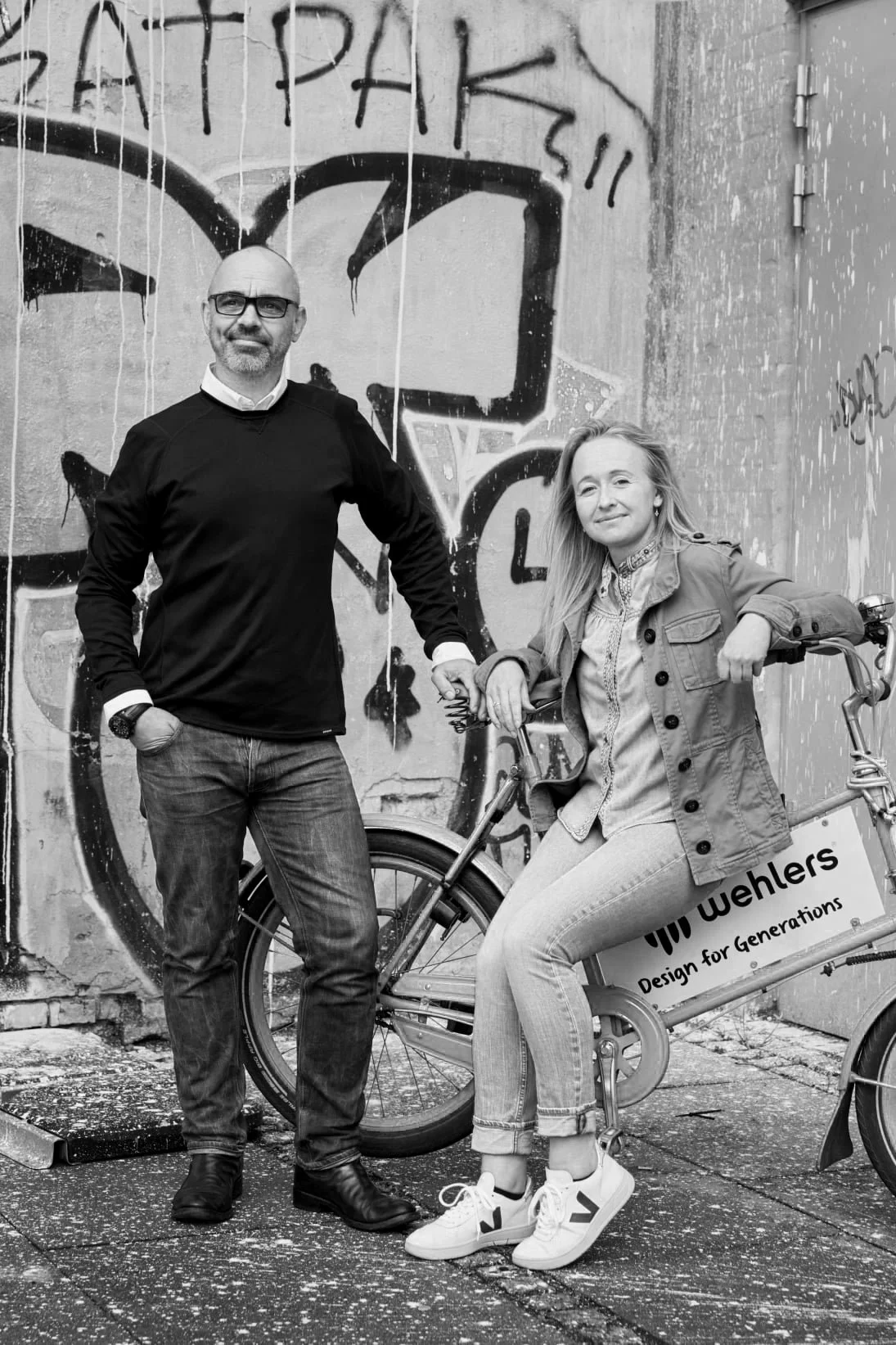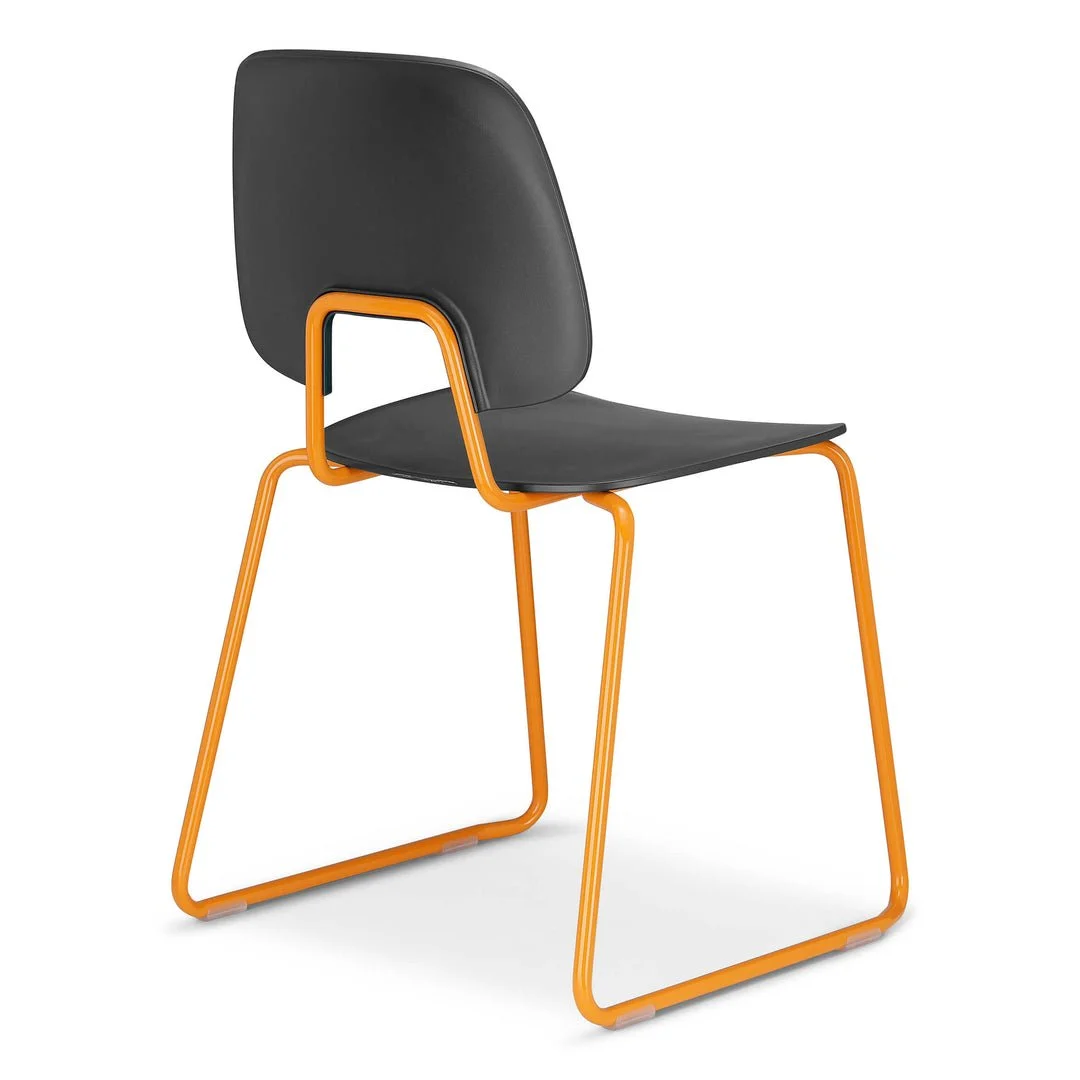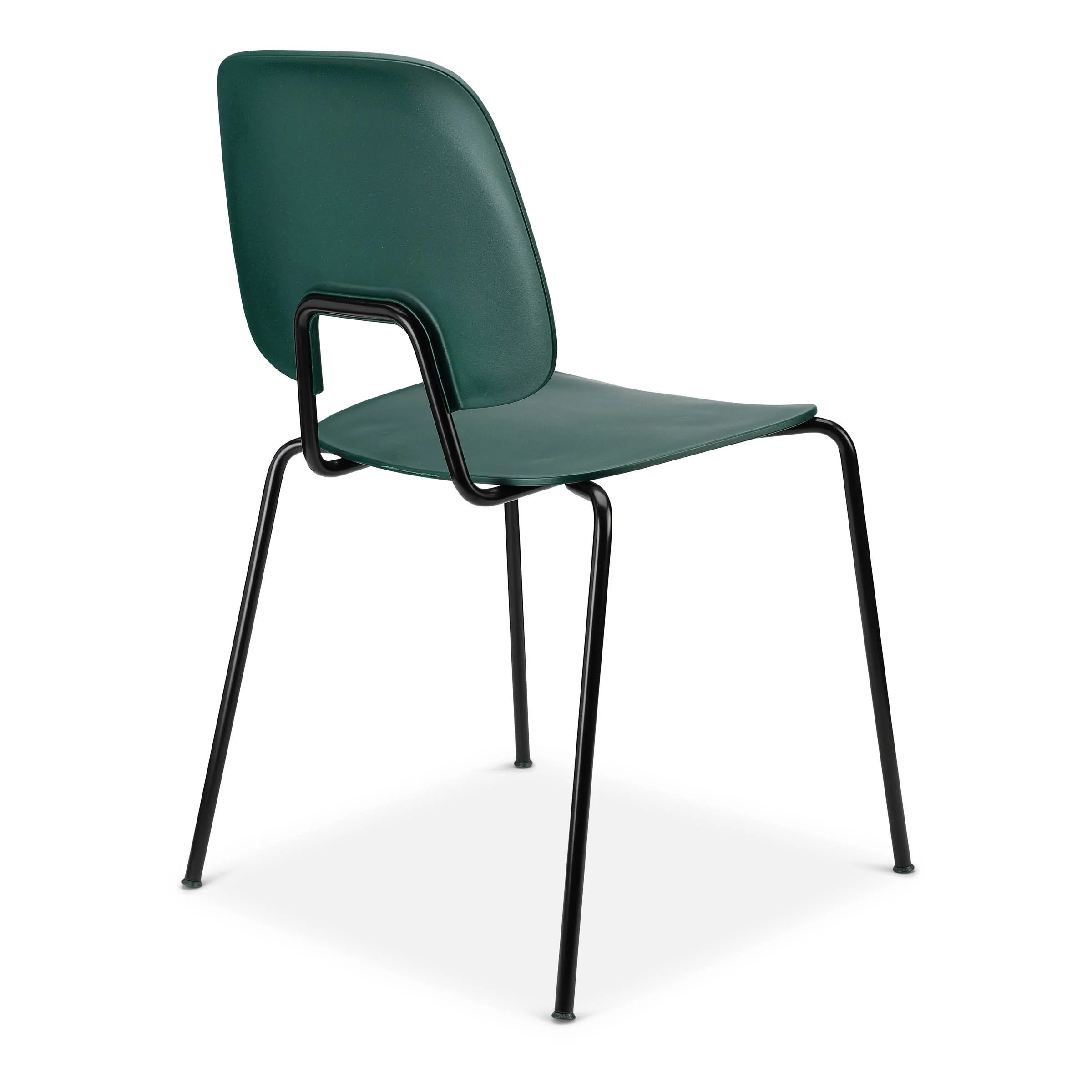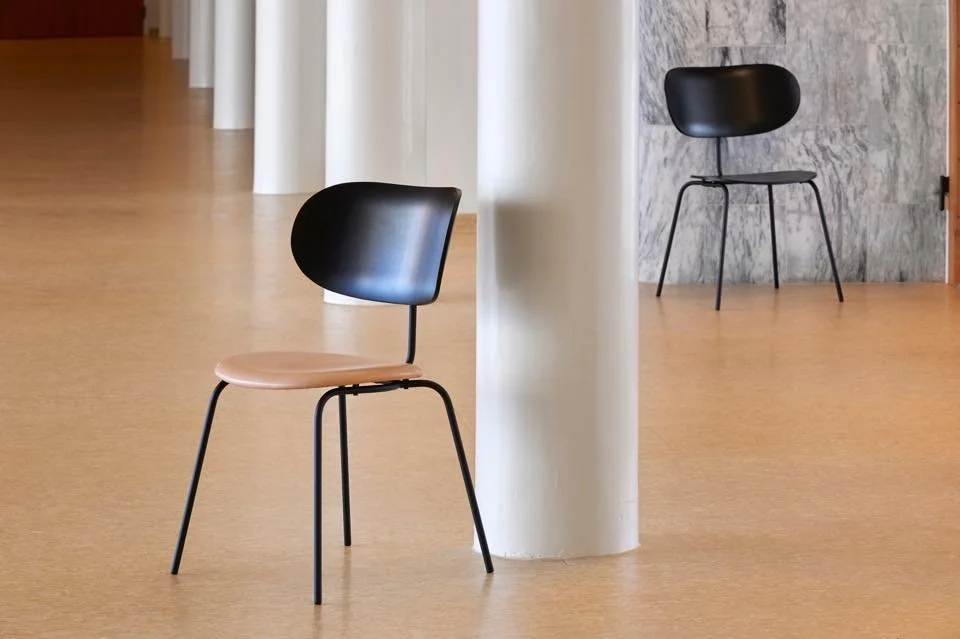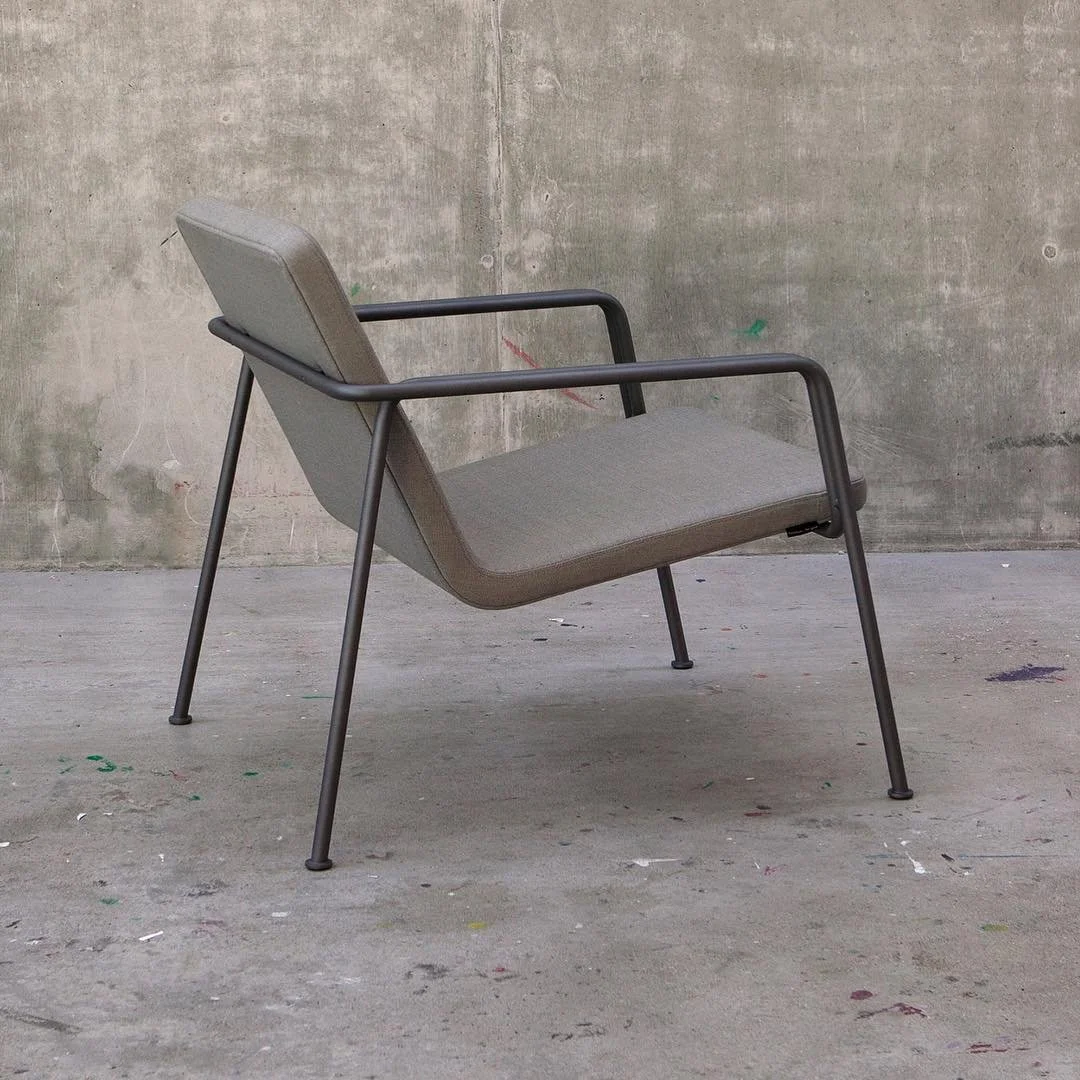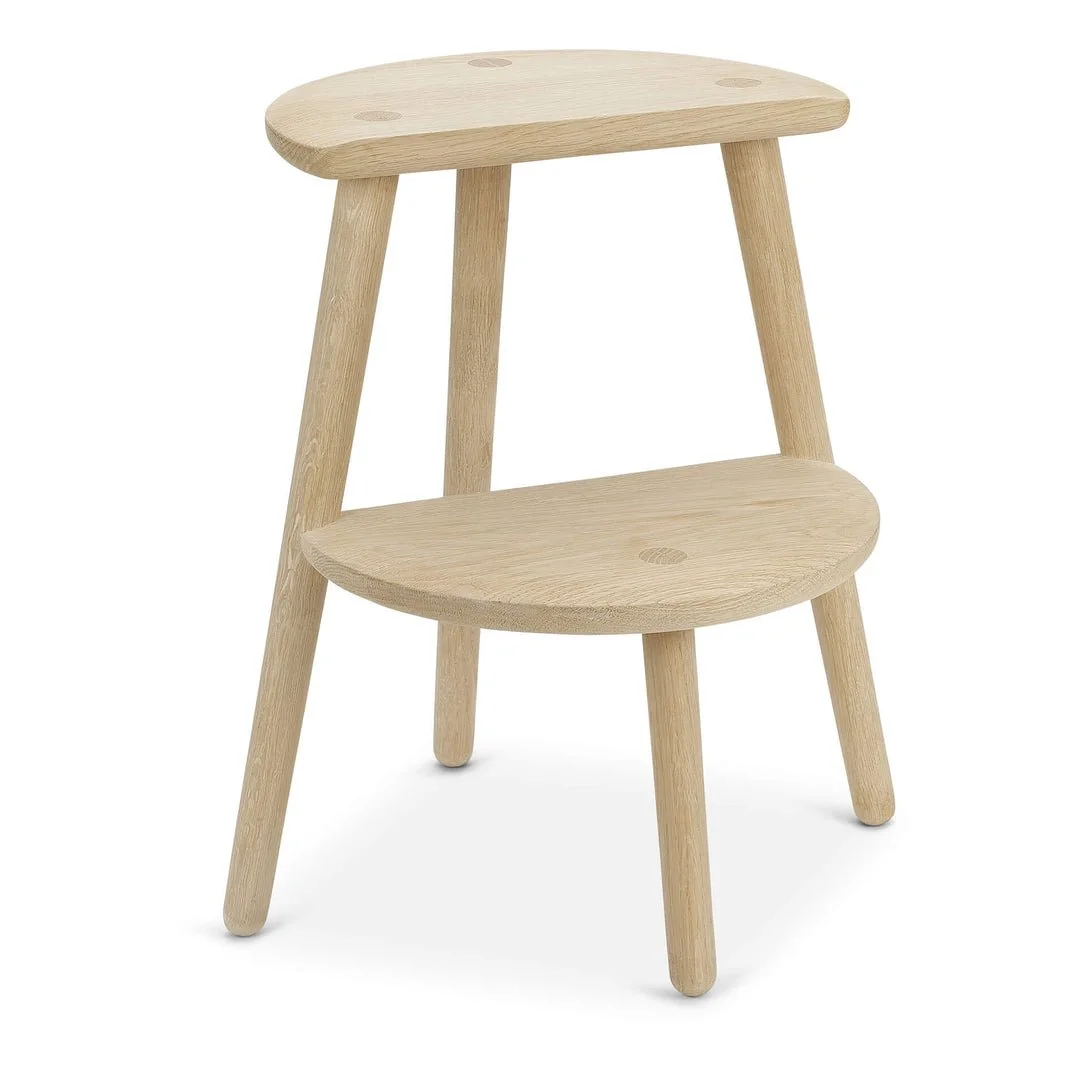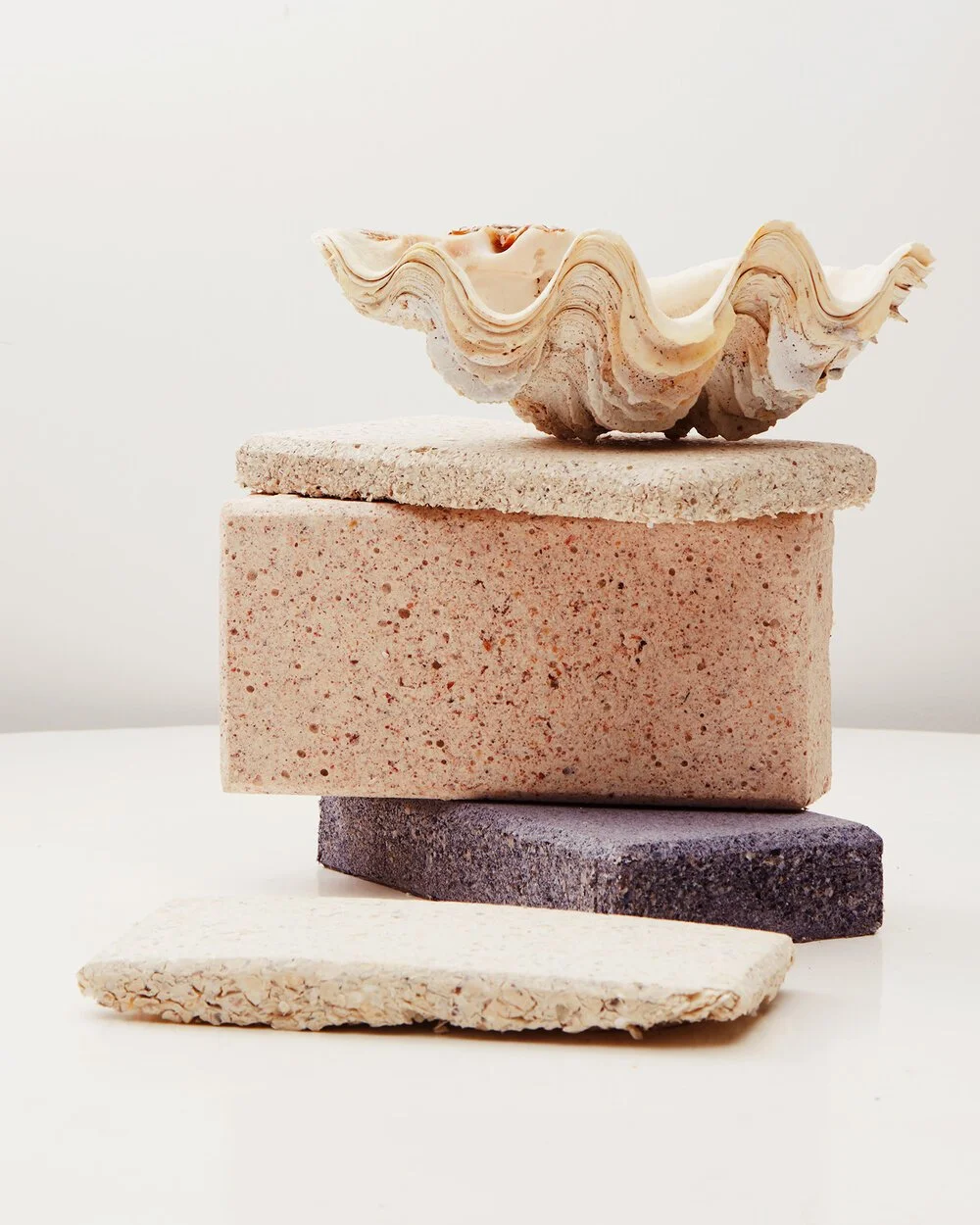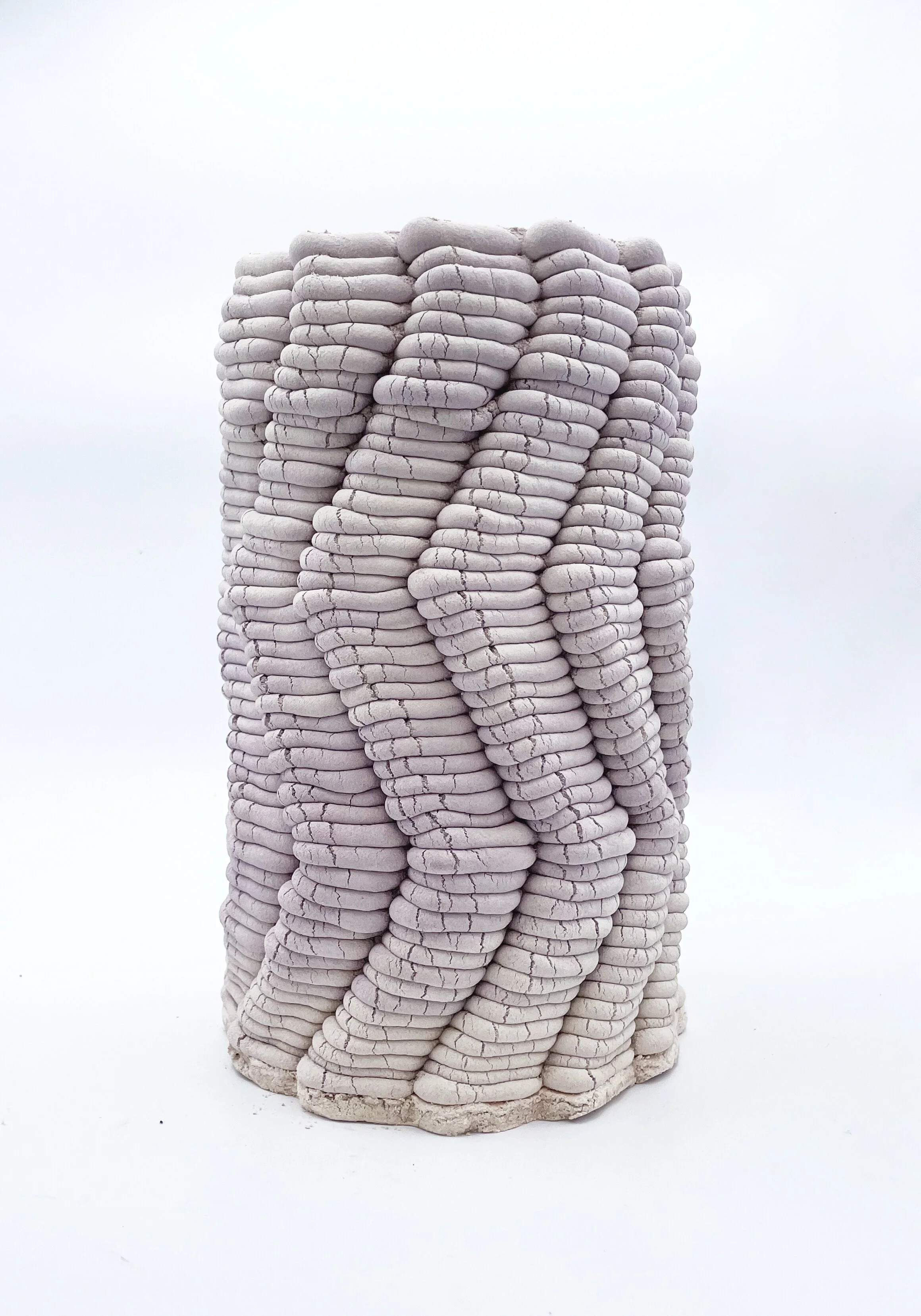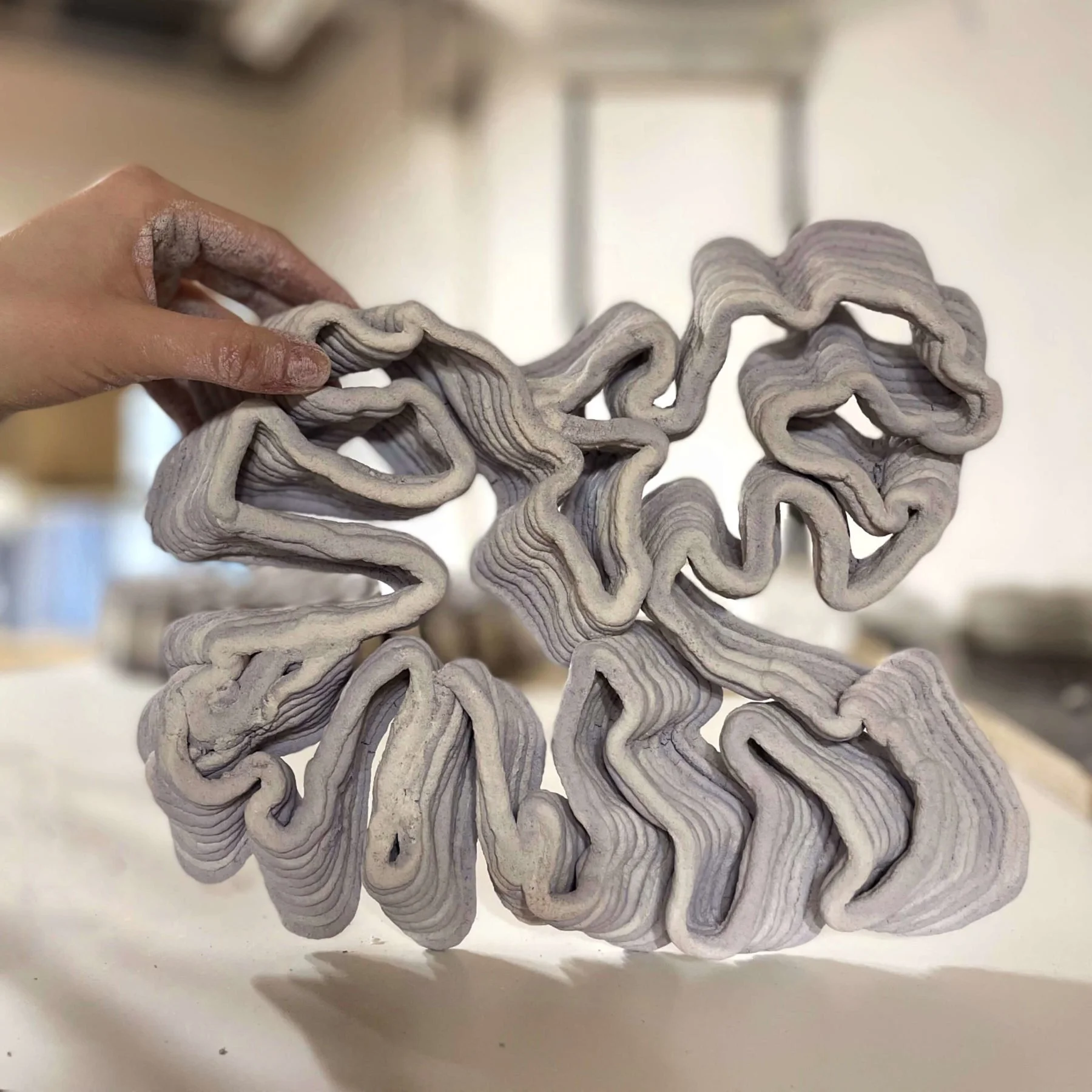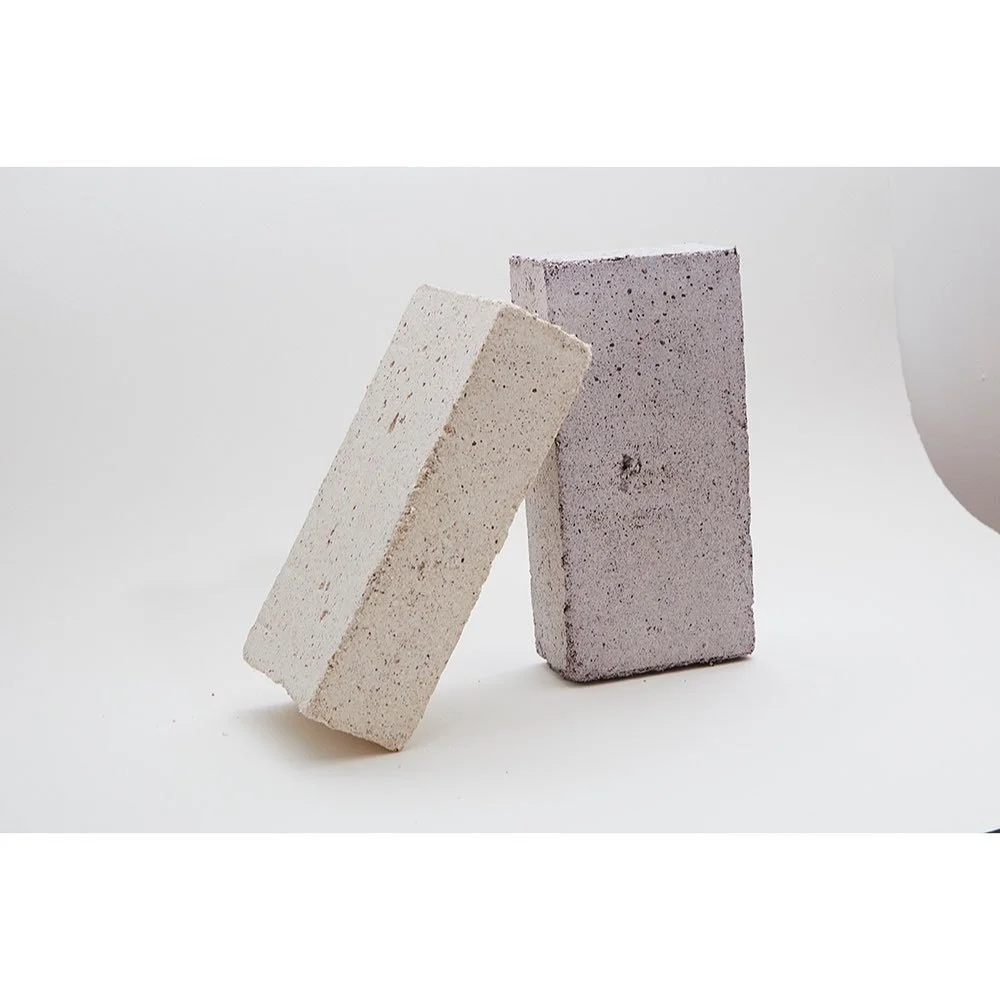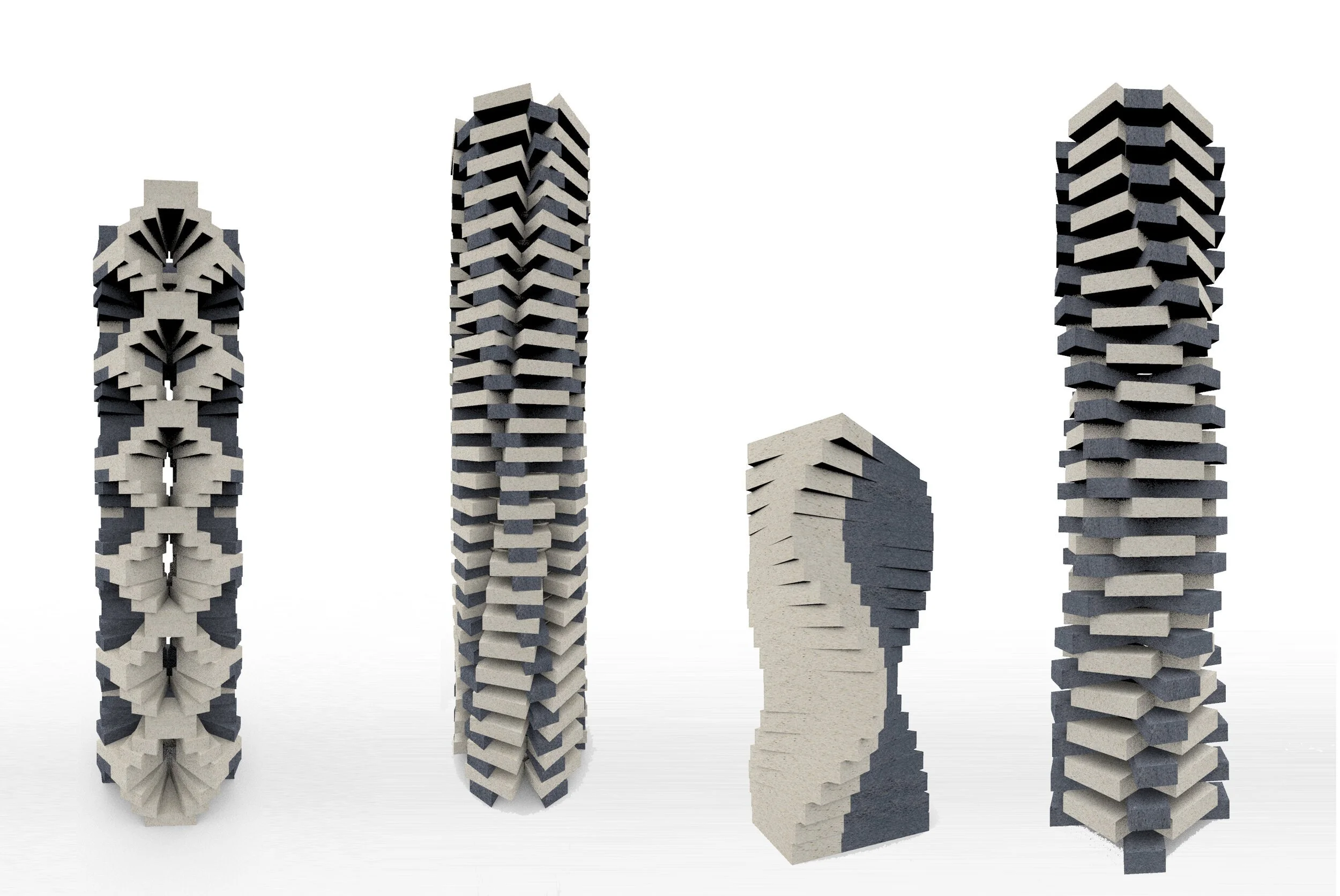 Image 1 of 16
Image 1 of 16

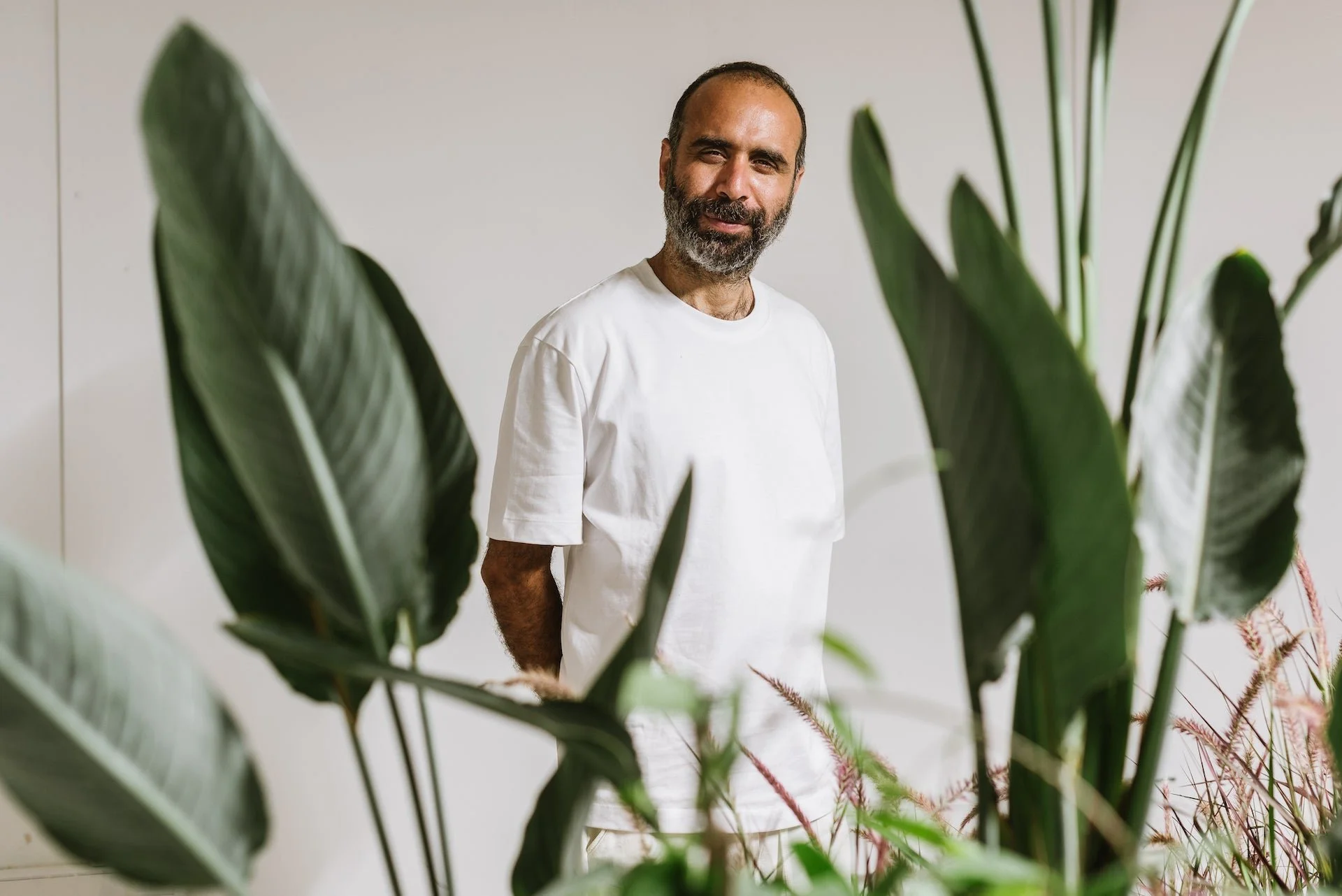 Image 2 of 16
Image 2 of 16

 Image 3 of 16
Image 3 of 16

 Image 4 of 16
Image 4 of 16

 Image 5 of 16
Image 5 of 16

 Image 6 of 16
Image 6 of 16

 Image 7 of 16
Image 7 of 16

 Image 8 of 16
Image 8 of 16

 Image 9 of 16
Image 9 of 16

 Image 10 of 16
Image 10 of 16

 Image 11 of 16
Image 11 of 16

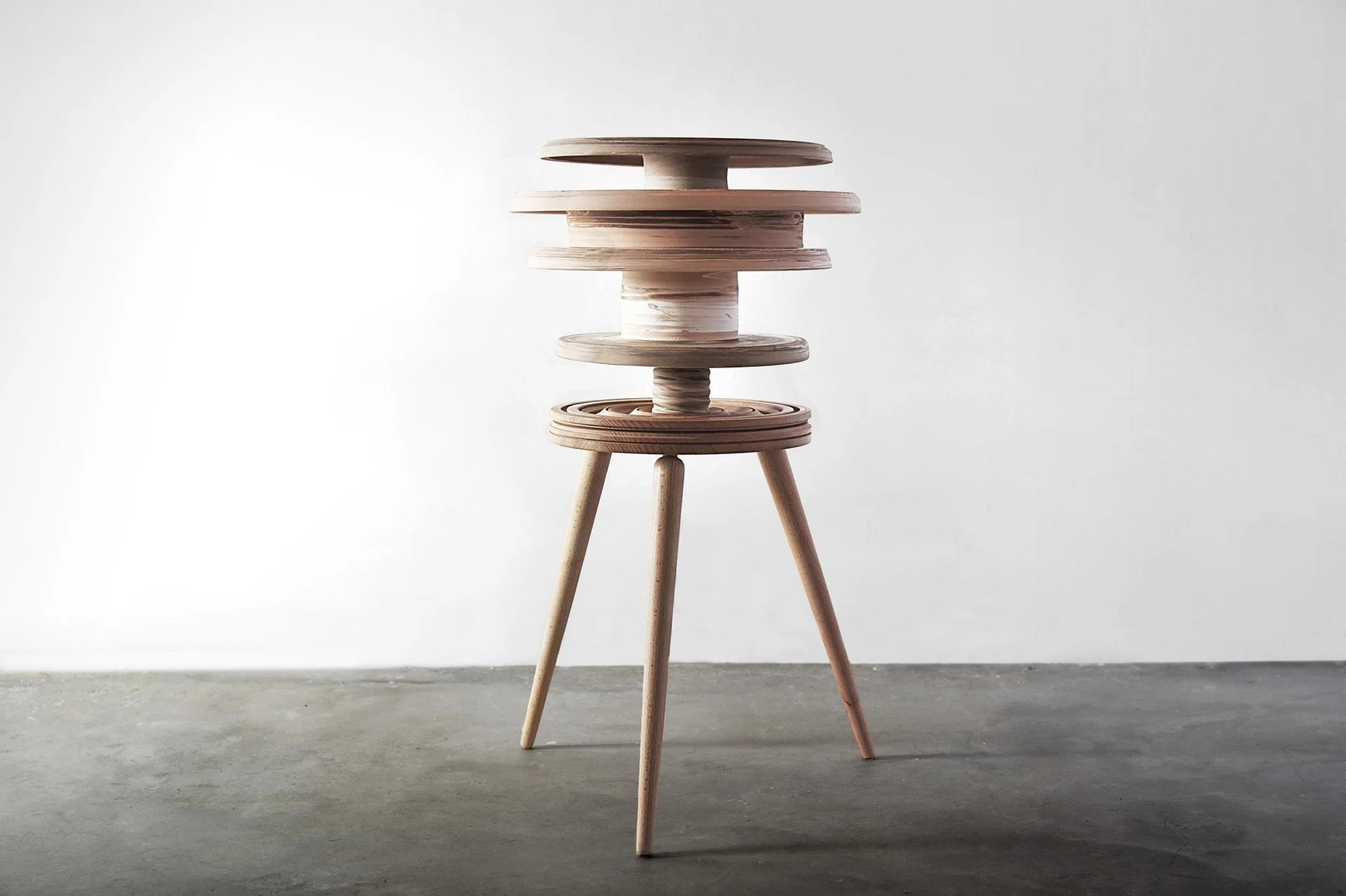 Image 12 of 16
Image 12 of 16

 Image 13 of 16
Image 13 of 16

 Image 14 of 16
Image 14 of 16

 Image 15 of 16
Image 15 of 16

 Image 16 of 16
Image 16 of 16

















Erez Nevi Pana creates small-scale architecture from Dead Sea salt
Erez Nevi Pana is an Israeli designer and artist known for his innovative approach to sustainable and vegan design. Born in 1983, Nevi Pana established his practice with the mission to investigate natural phenomena and environmental processes through material experimentation. His work emphasizes the use of organic and sustainable materials, promoting a circular economy and ethical design practices. Core values include sustainability, veganism, and material innovation, with a purpose to redefine the relationship between design, materials, and the environment.
Location
Headquarters: Based in Israel, with significant work and collaborations in Eindhoven, Netherlands.
Primary manufacturing/operations locations: Various global locations for projects and collaborations.
The Circular Vision
Core circular economy principles: Designing out waste, using organic and sustainable materials, and creating products that promote environmental awareness and ethical practices.
Key innovations: Development of materials such as salt and fungi-based composites, and the exploration of vegan design principles that exclude the use of animal products. Projects like "Crystalline" and "Soil and Fungi" showcase the potential for creating sustainable design solutions using natural processes.
Prioritization of local sourcing and closed-loop supply chains: Emphasis on using locally sourced materials and sustainable production methods to minimize environmental impact and support local economies.
Pioneering Solutions
Flagship projects: Nevi Pana's portfolio includes innovative projects such as "Crystalline" (using salt crystallization to create furniture and objects), "Soil and Fungi" (developing materials from organic mixtures), and various other works that explore the potential of vegan and sustainable design.
The Regenerative Future
R&D focus areas: Advancing sustainable material development techniques, exploring new applications for organic and vegan materials, and developing solutions that further reduce waste and energy consumption in design and production processes.
Ambitious goals: To lead the design industry in sustainable practices, create zero-waste products, and inspire a shift towards a regenerative approach to design and material usage.
Fact Sheet
Commercial Availability: Design services and products available through collaborations, exhibitions, and partnerships with brands and institutions.
Circularity Rating: 5/5 (Strong focus on integrating circular economy principles and vegan design in material production).
Key Certifications: Works held in permanent collections of the Design Museum Holon and other prestigious institutions.
Cost Rating: High-end pricing for collectible design pieces.
Material Passport: Detailed use of organic and sustainable materials in projects, with emphasis on their environmental and ethical significance.
Designed for Disassembly: Yes, many projects focus on biodegradable materials that can be safely returned to the environment.
Carbon Performance: Focus on reducing carbon footprint through the use of organic materials and local production. Specific carbon metrics not provided.
Key Takeaway
Erez Nevi Pana transforms the design industry through innovative, sustainable solutions that prioritize circular economy principles and vegan design, setting a benchmark for environmental responsibility and material innovation in contemporary design.
Explore Further
Erez Nevi Pana website: https://ereznevipana.com
Project example: Crystalline
Erez Nevi Pana is an Israeli designer and artist known for his innovative approach to sustainable and vegan design. Born in 1983, Nevi Pana established his practice with the mission to investigate natural phenomena and environmental processes through material experimentation. His work emphasizes the use of organic and sustainable materials, promoting a circular economy and ethical design practices. Core values include sustainability, veganism, and material innovation, with a purpose to redefine the relationship between design, materials, and the environment.
Location
Headquarters: Based in Israel, with significant work and collaborations in Eindhoven, Netherlands.
Primary manufacturing/operations locations: Various global locations for projects and collaborations.
The Circular Vision
Core circular economy principles: Designing out waste, using organic and sustainable materials, and creating products that promote environmental awareness and ethical practices.
Key innovations: Development of materials such as salt and fungi-based composites, and the exploration of vegan design principles that exclude the use of animal products. Projects like "Crystalline" and "Soil and Fungi" showcase the potential for creating sustainable design solutions using natural processes.
Prioritization of local sourcing and closed-loop supply chains: Emphasis on using locally sourced materials and sustainable production methods to minimize environmental impact and support local economies.
Pioneering Solutions
Flagship projects: Nevi Pana's portfolio includes innovative projects such as "Crystalline" (using salt crystallization to create furniture and objects), "Soil and Fungi" (developing materials from organic mixtures), and various other works that explore the potential of vegan and sustainable design.
The Regenerative Future
R&D focus areas: Advancing sustainable material development techniques, exploring new applications for organic and vegan materials, and developing solutions that further reduce waste and energy consumption in design and production processes.
Ambitious goals: To lead the design industry in sustainable practices, create zero-waste products, and inspire a shift towards a regenerative approach to design and material usage.
Fact Sheet
Commercial Availability: Design services and products available through collaborations, exhibitions, and partnerships with brands and institutions.
Circularity Rating: 5/5 (Strong focus on integrating circular economy principles and vegan design in material production).
Key Certifications: Works held in permanent collections of the Design Museum Holon and other prestigious institutions.
Cost Rating: High-end pricing for collectible design pieces.
Material Passport: Detailed use of organic and sustainable materials in projects, with emphasis on their environmental and ethical significance.
Designed for Disassembly: Yes, many projects focus on biodegradable materials that can be safely returned to the environment.
Carbon Performance: Focus on reducing carbon footprint through the use of organic materials and local production. Specific carbon metrics not provided.
Key Takeaway
Erez Nevi Pana transforms the design industry through innovative, sustainable solutions that prioritize circular economy principles and vegan design, setting a benchmark for environmental responsibility and material innovation in contemporary design.
Explore Further
Erez Nevi Pana website: https://ereznevipana.com
Project example: Crystalline
